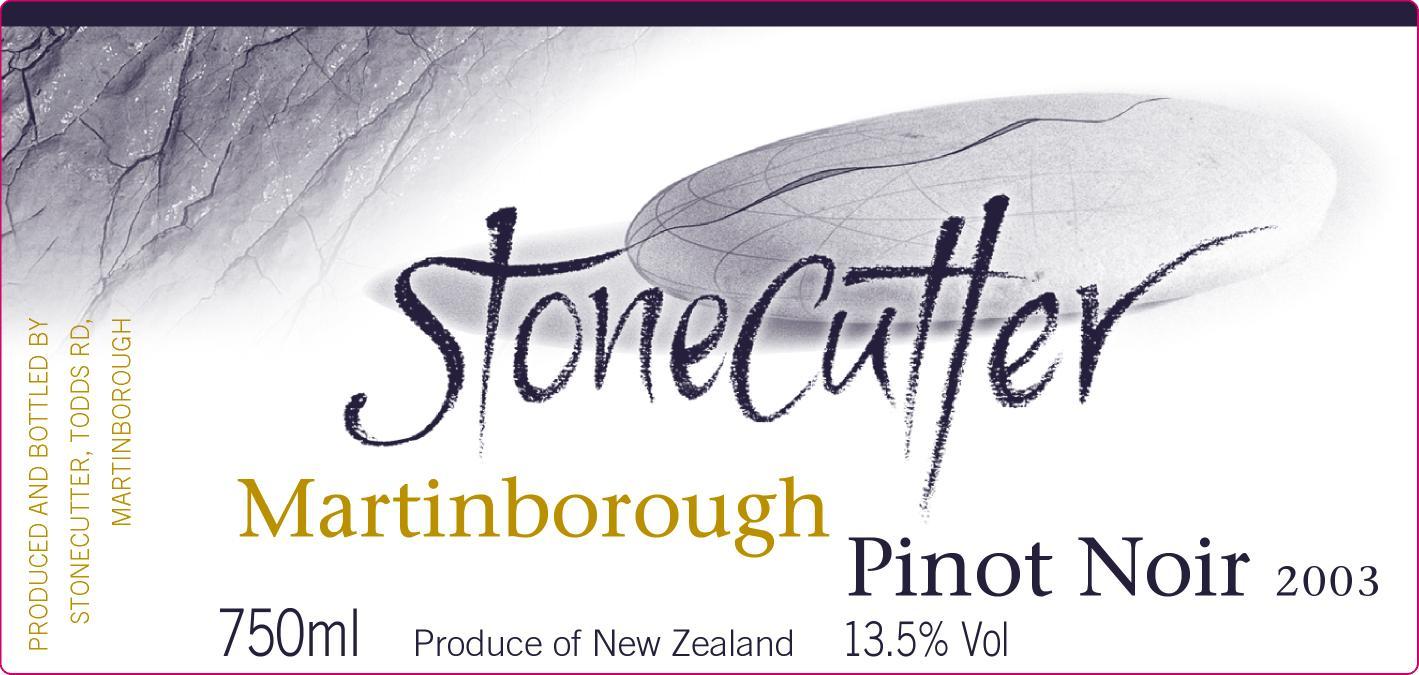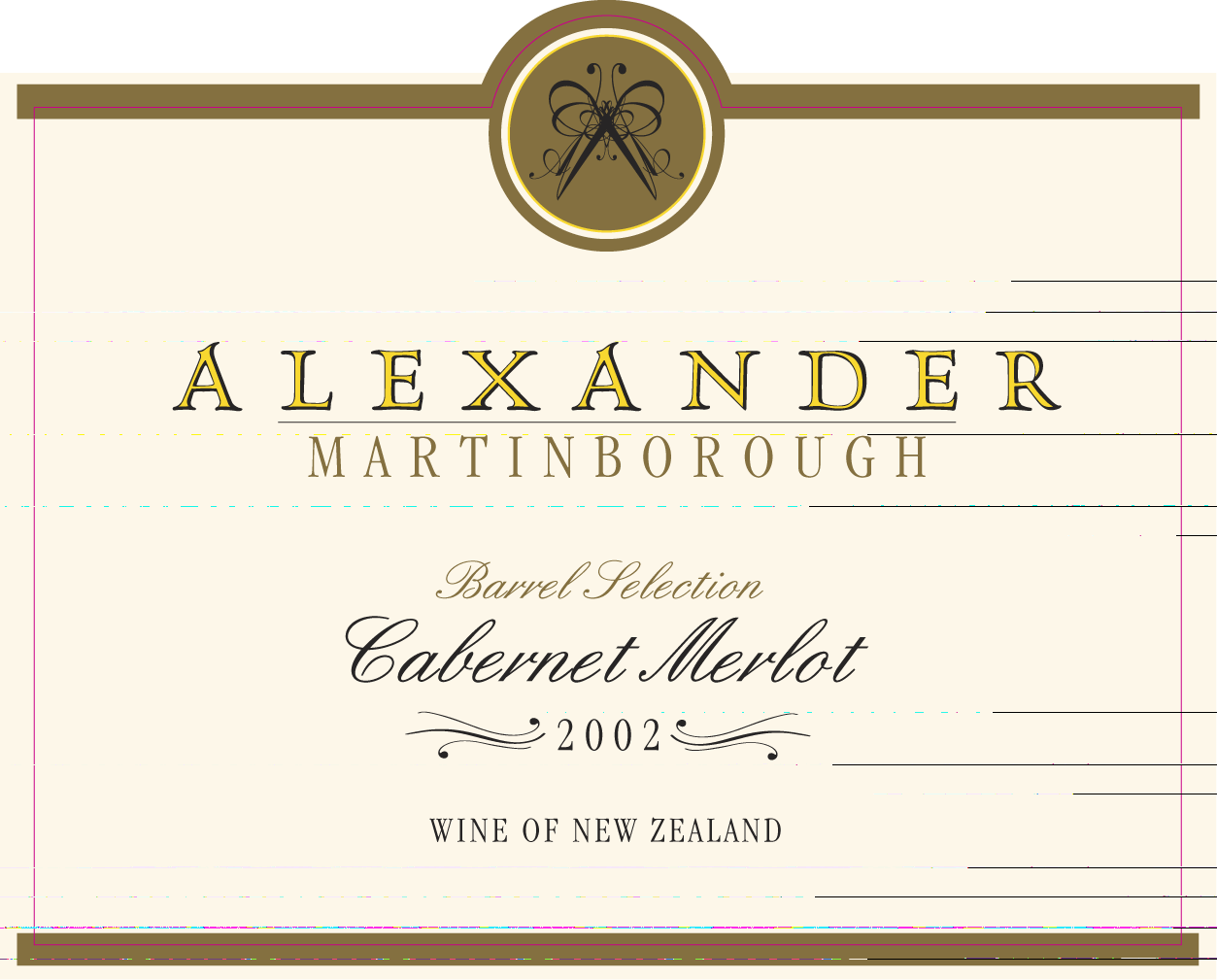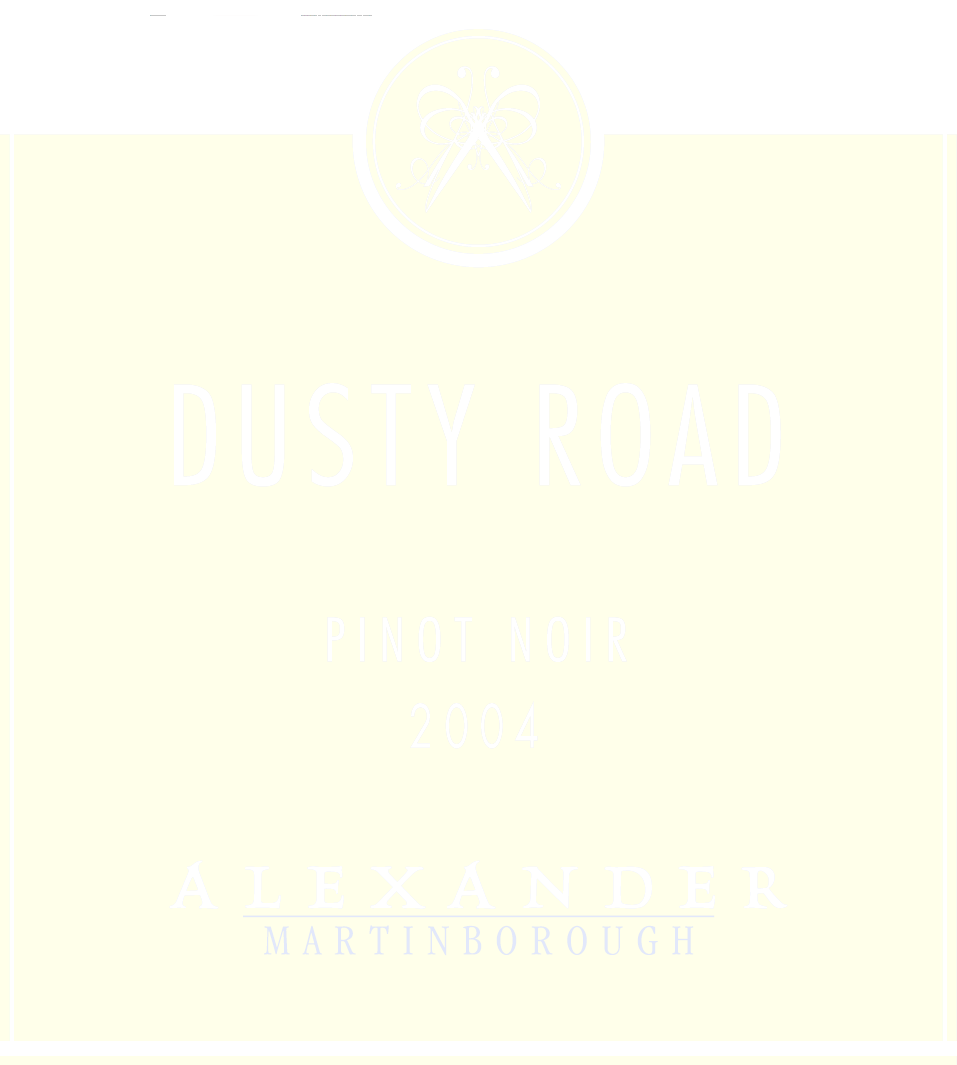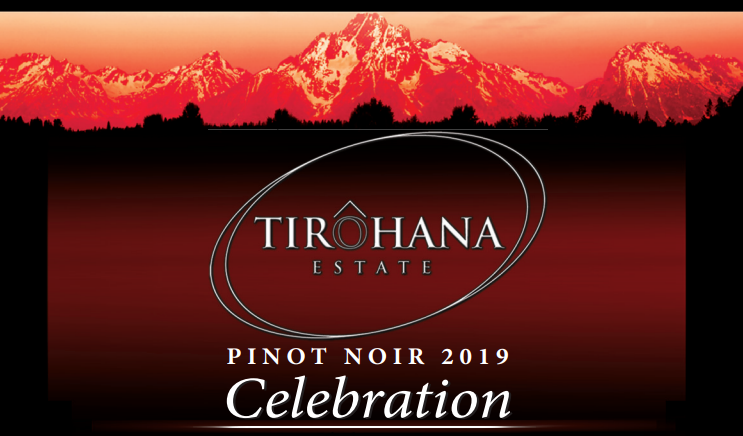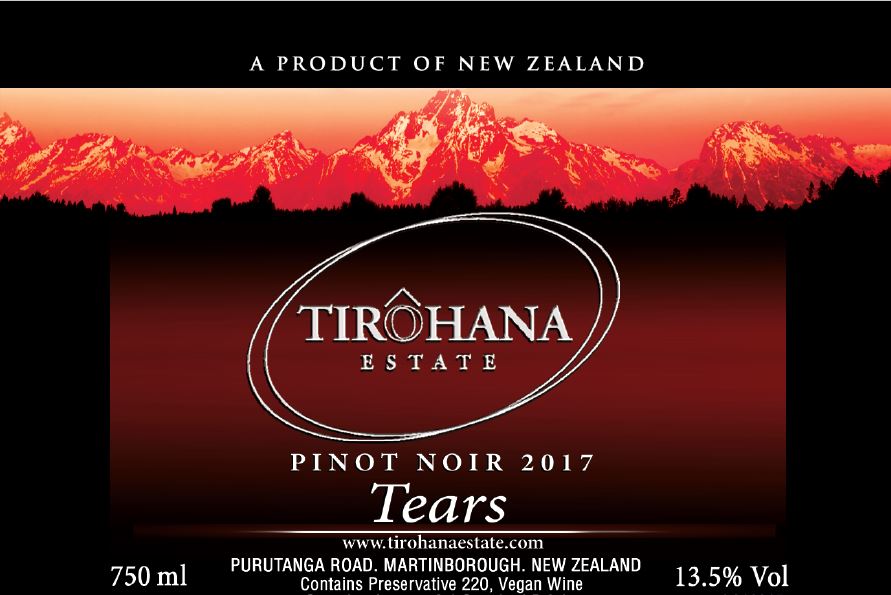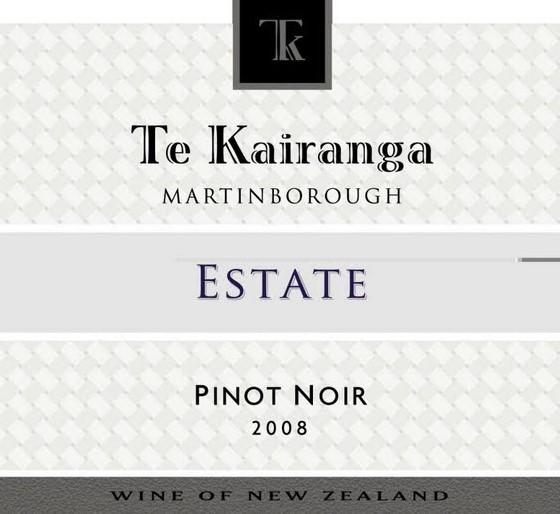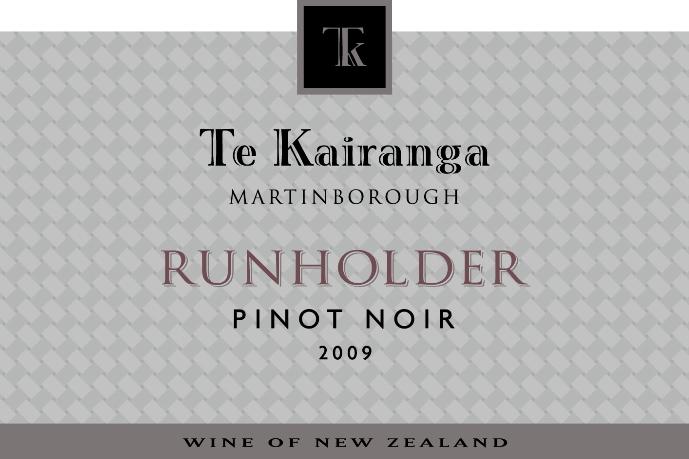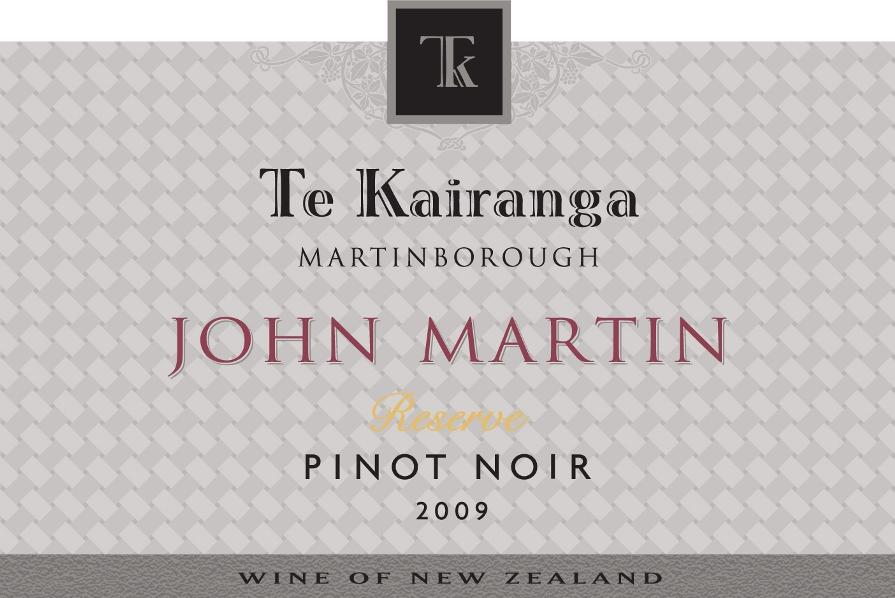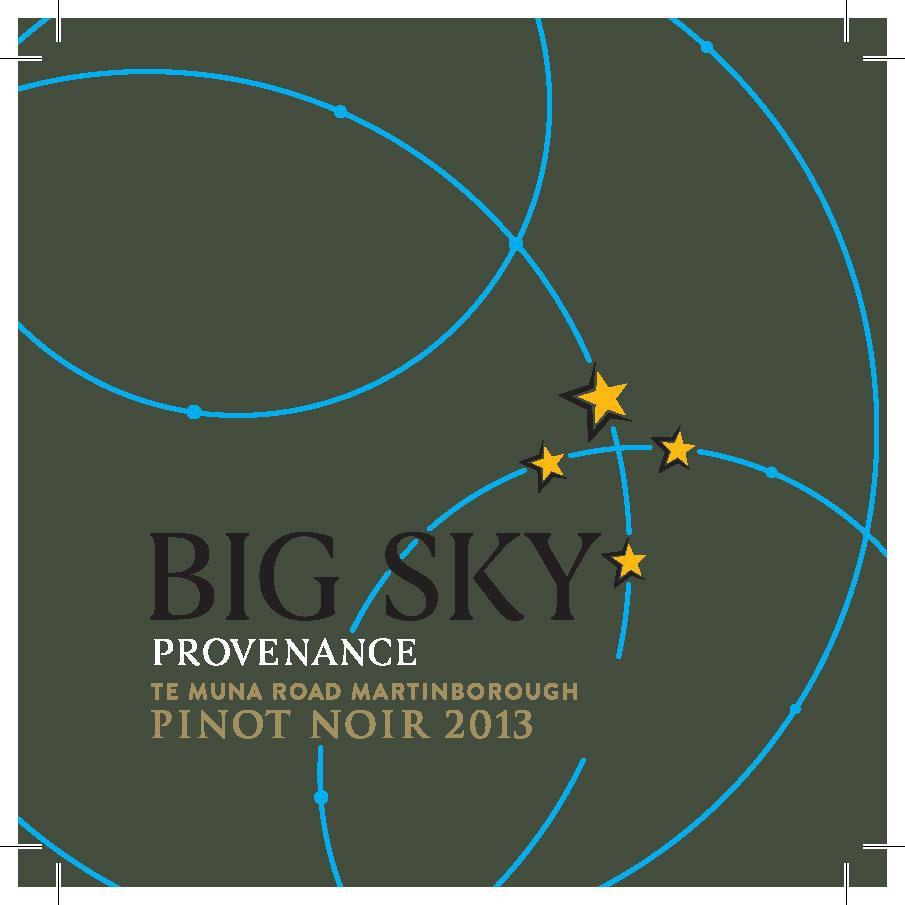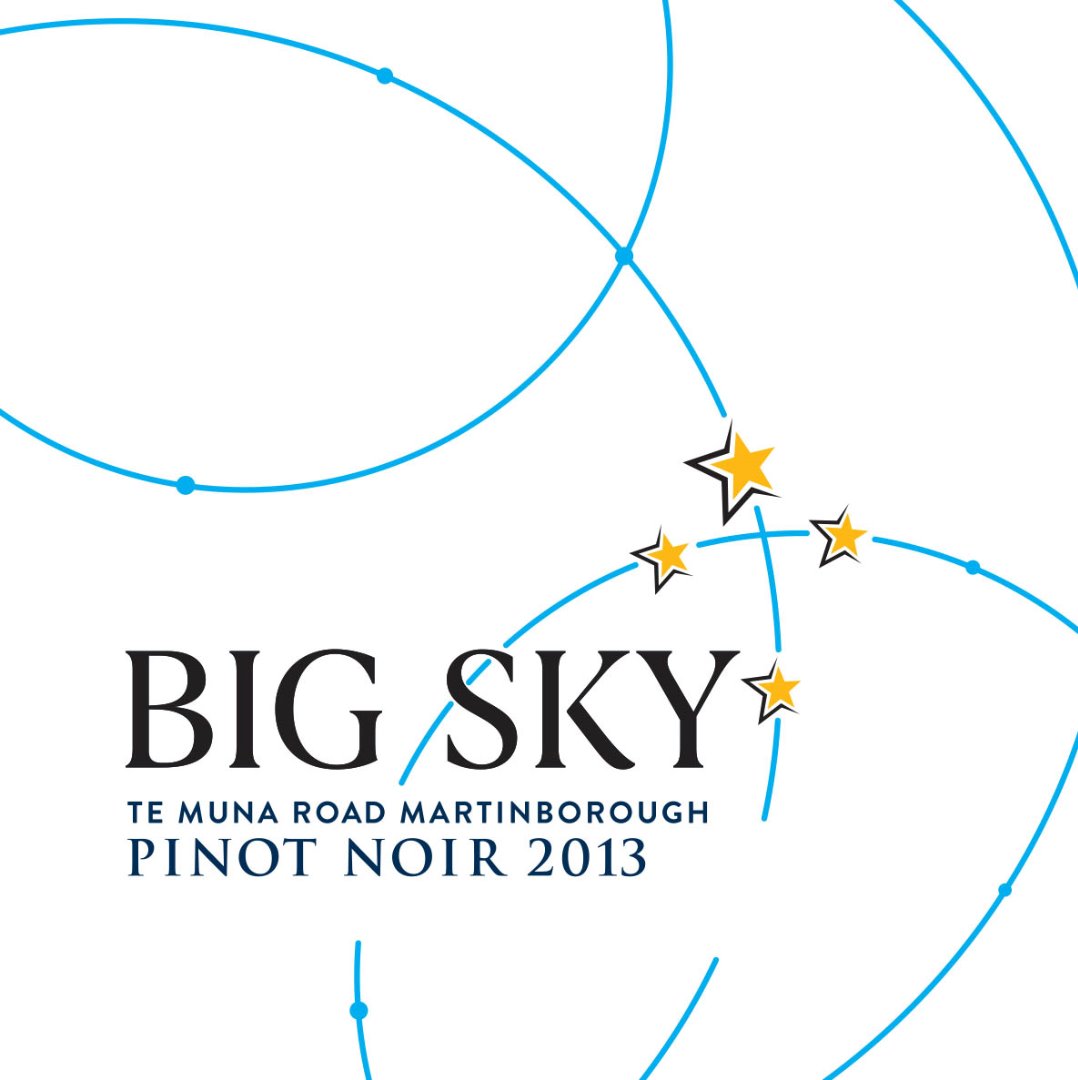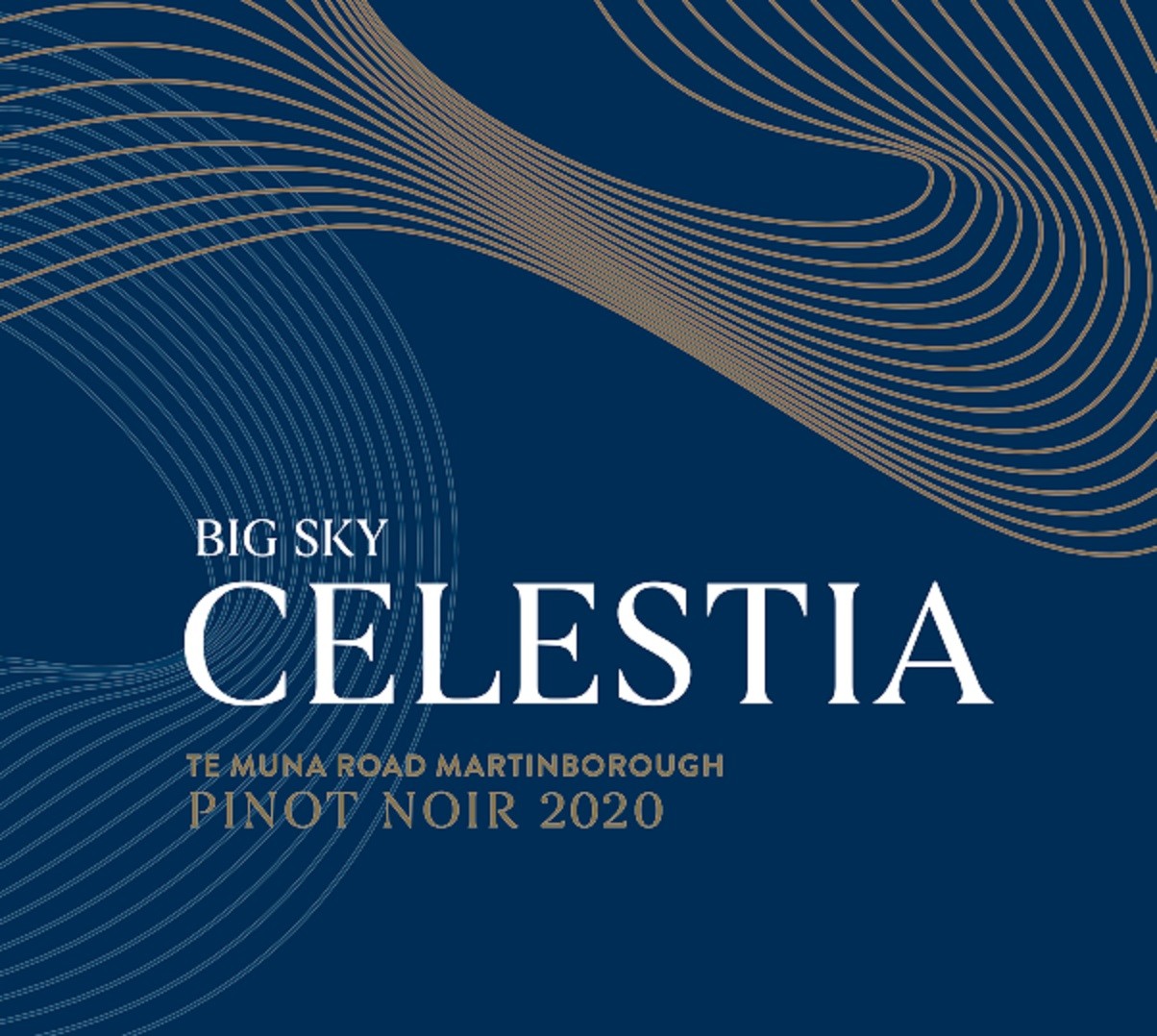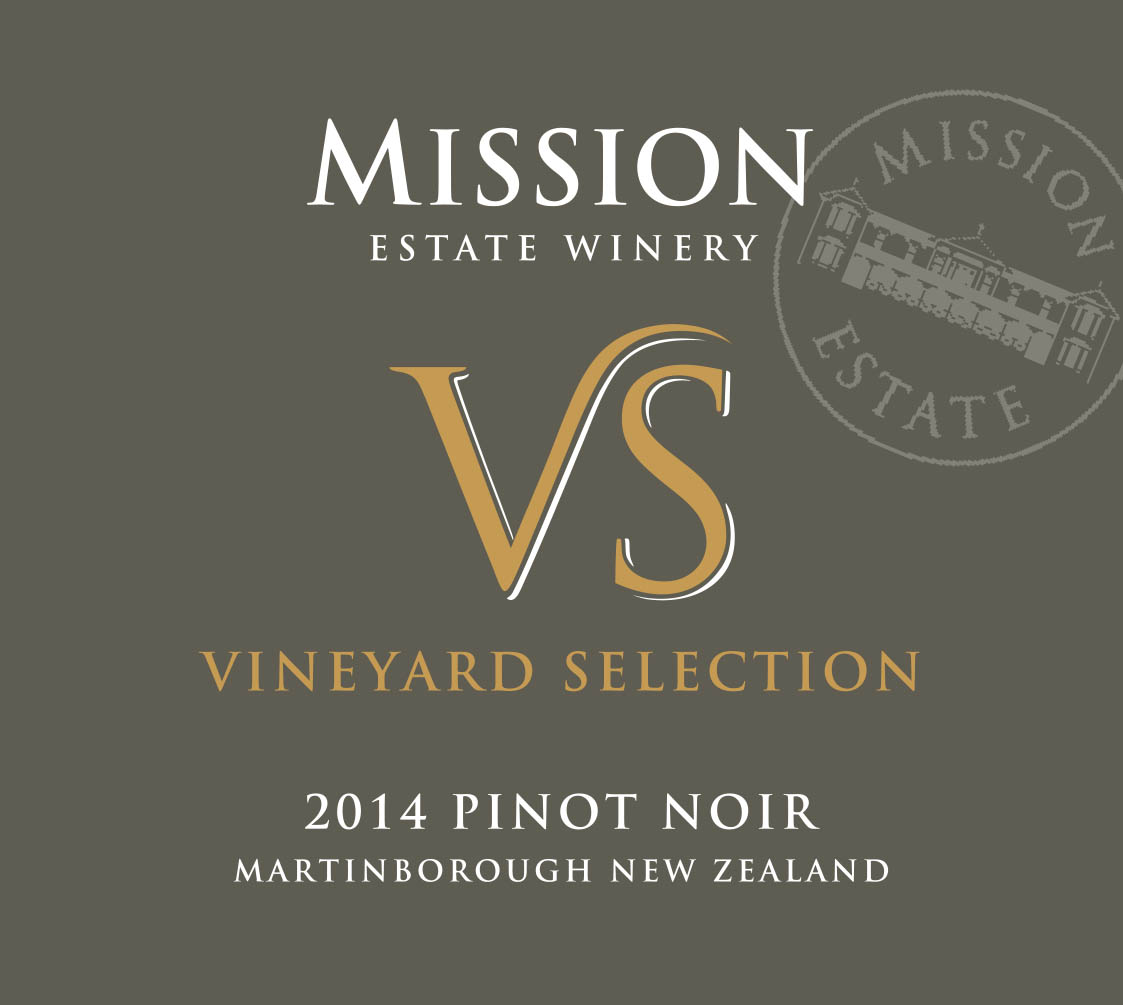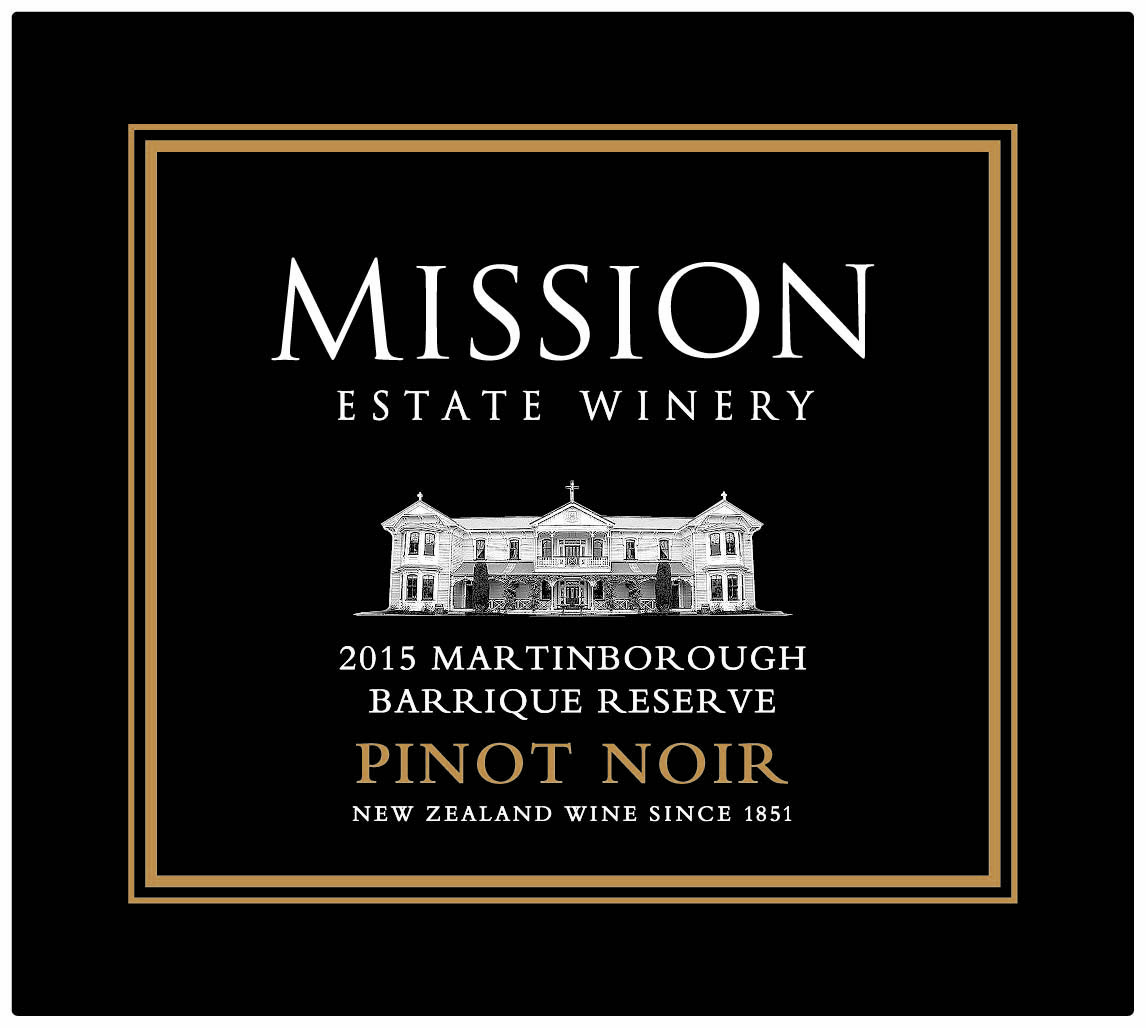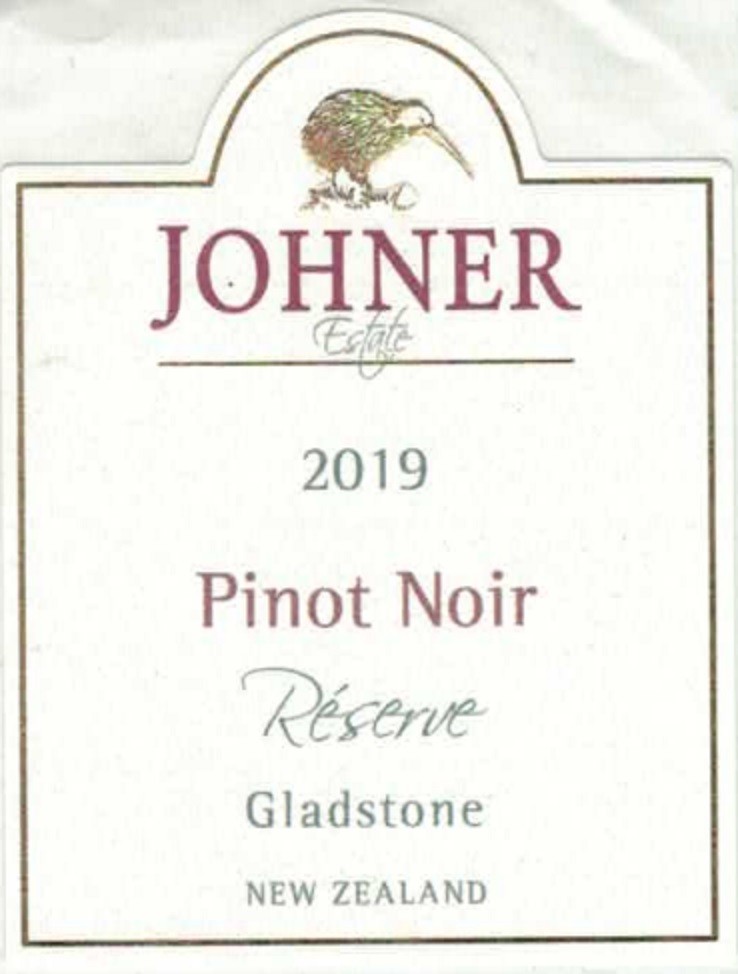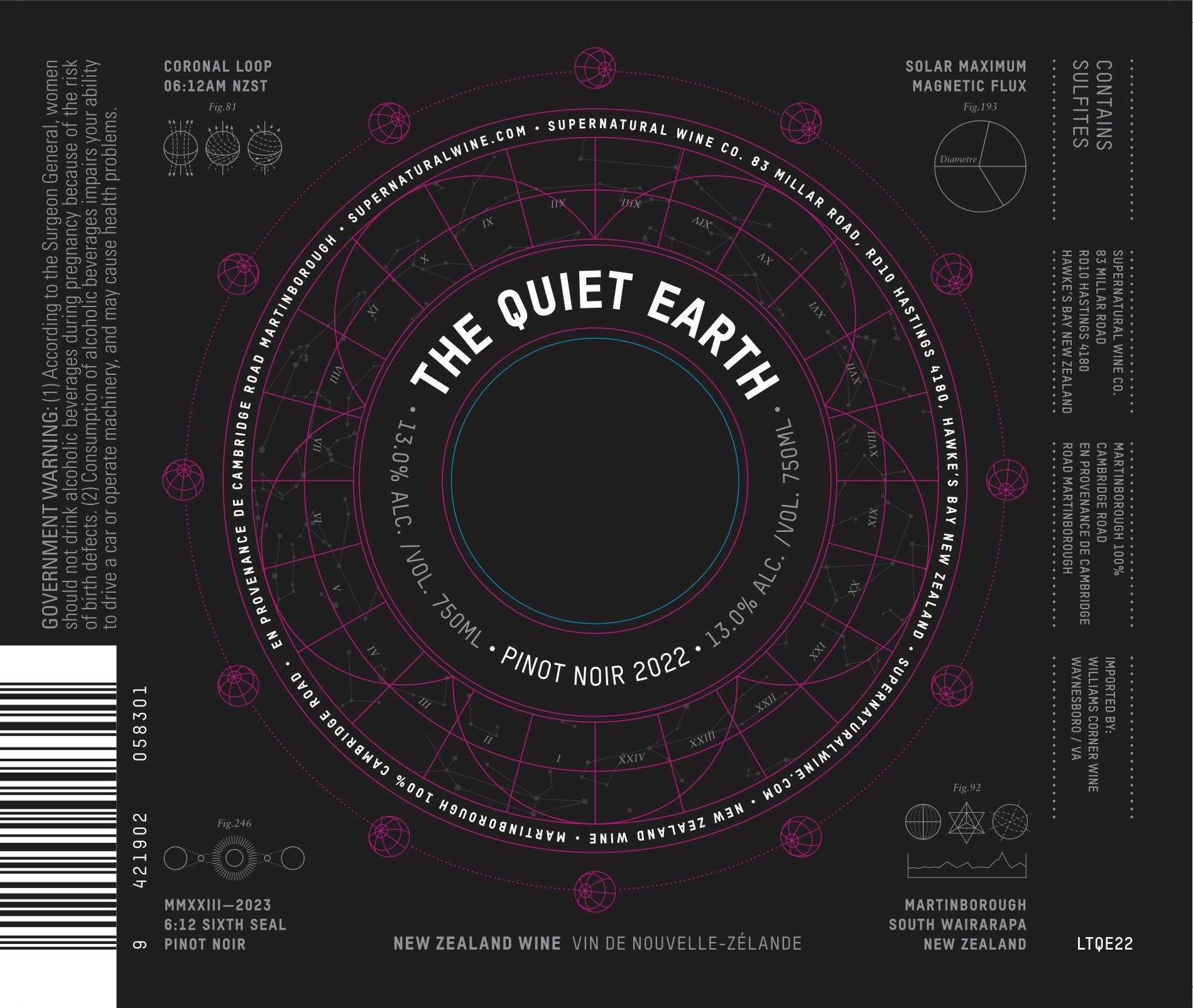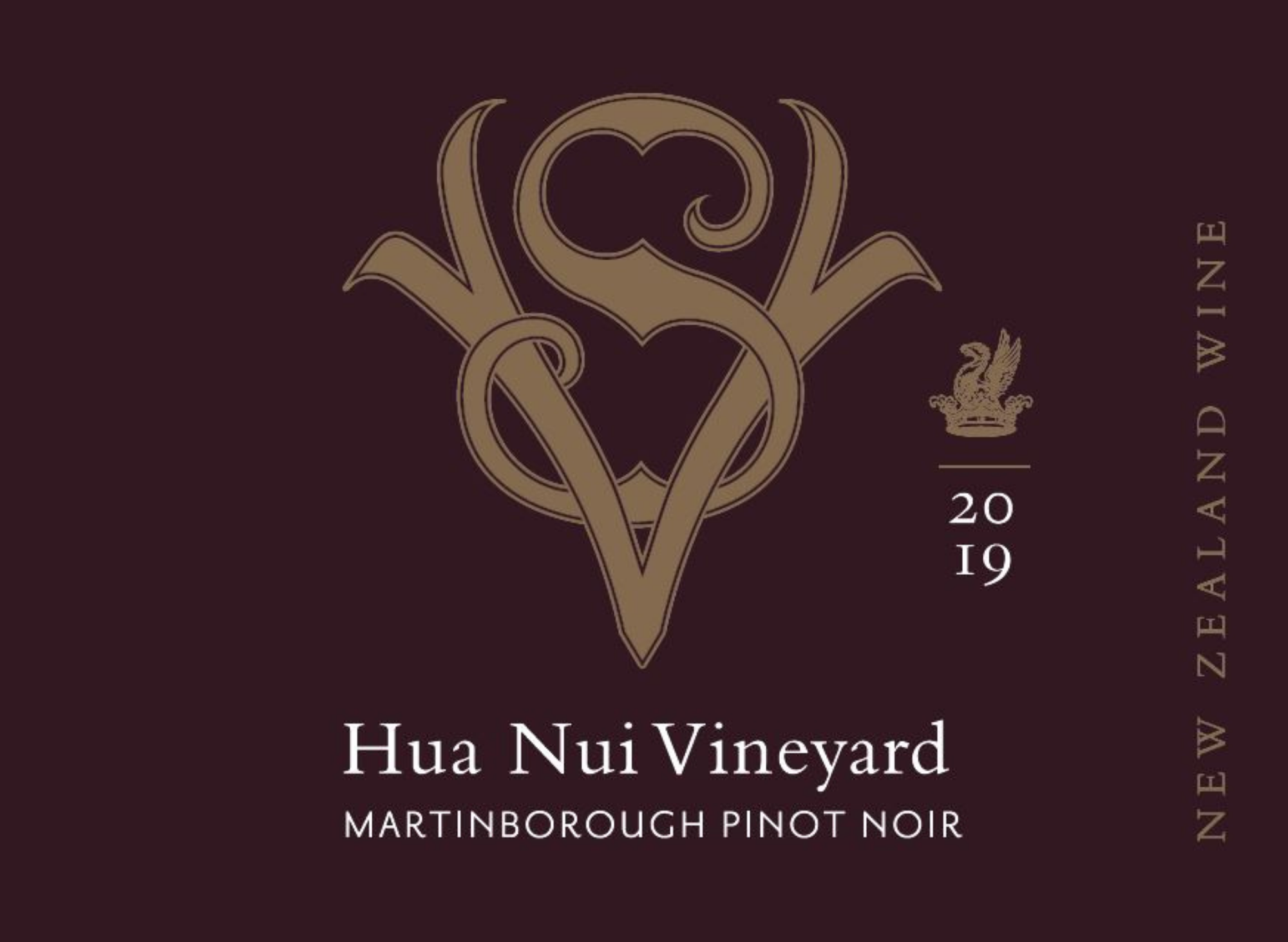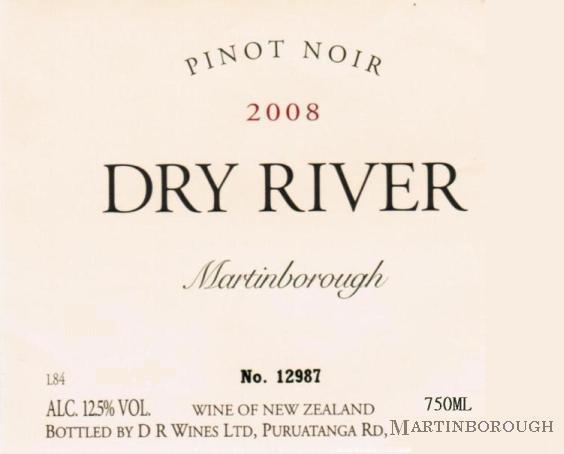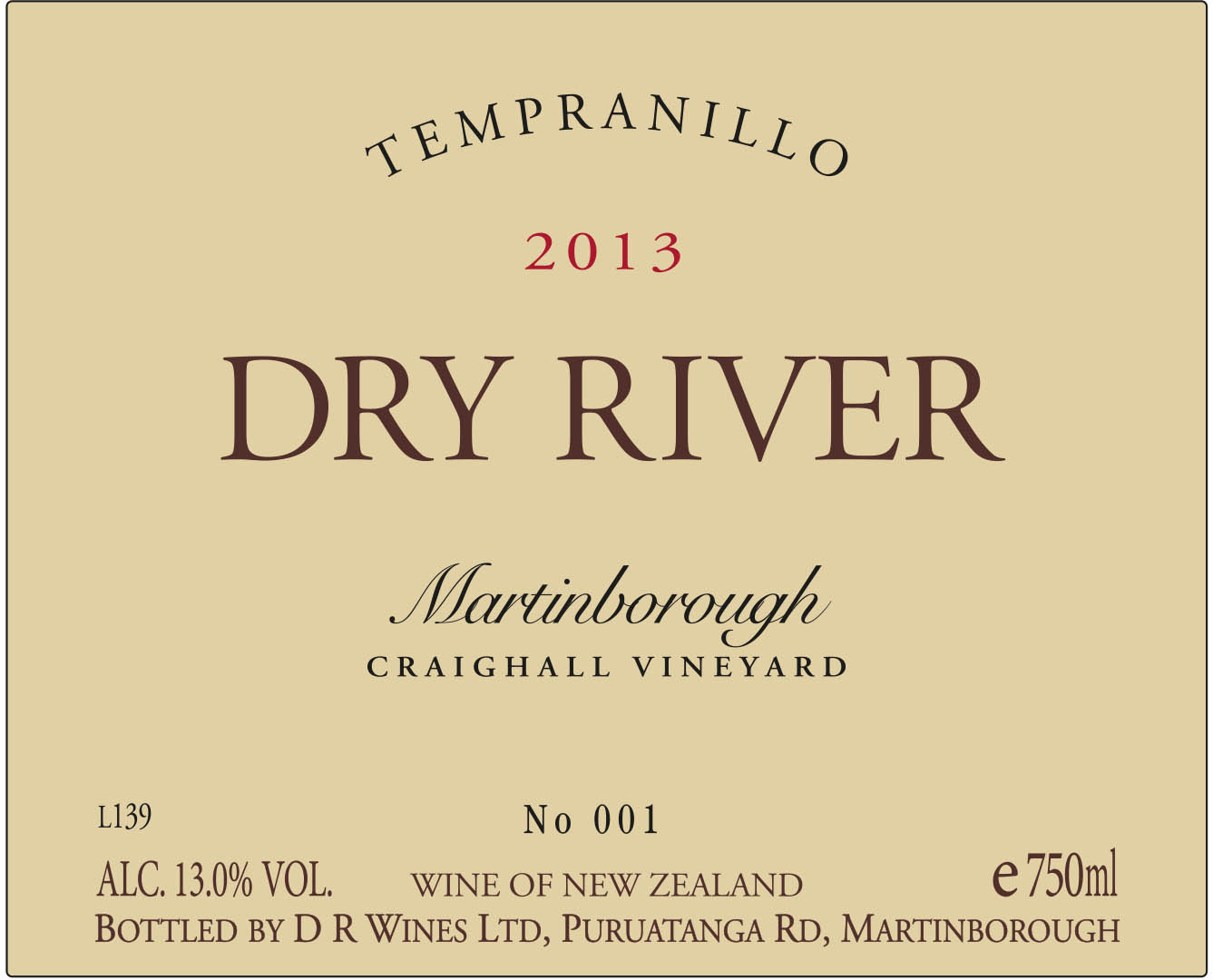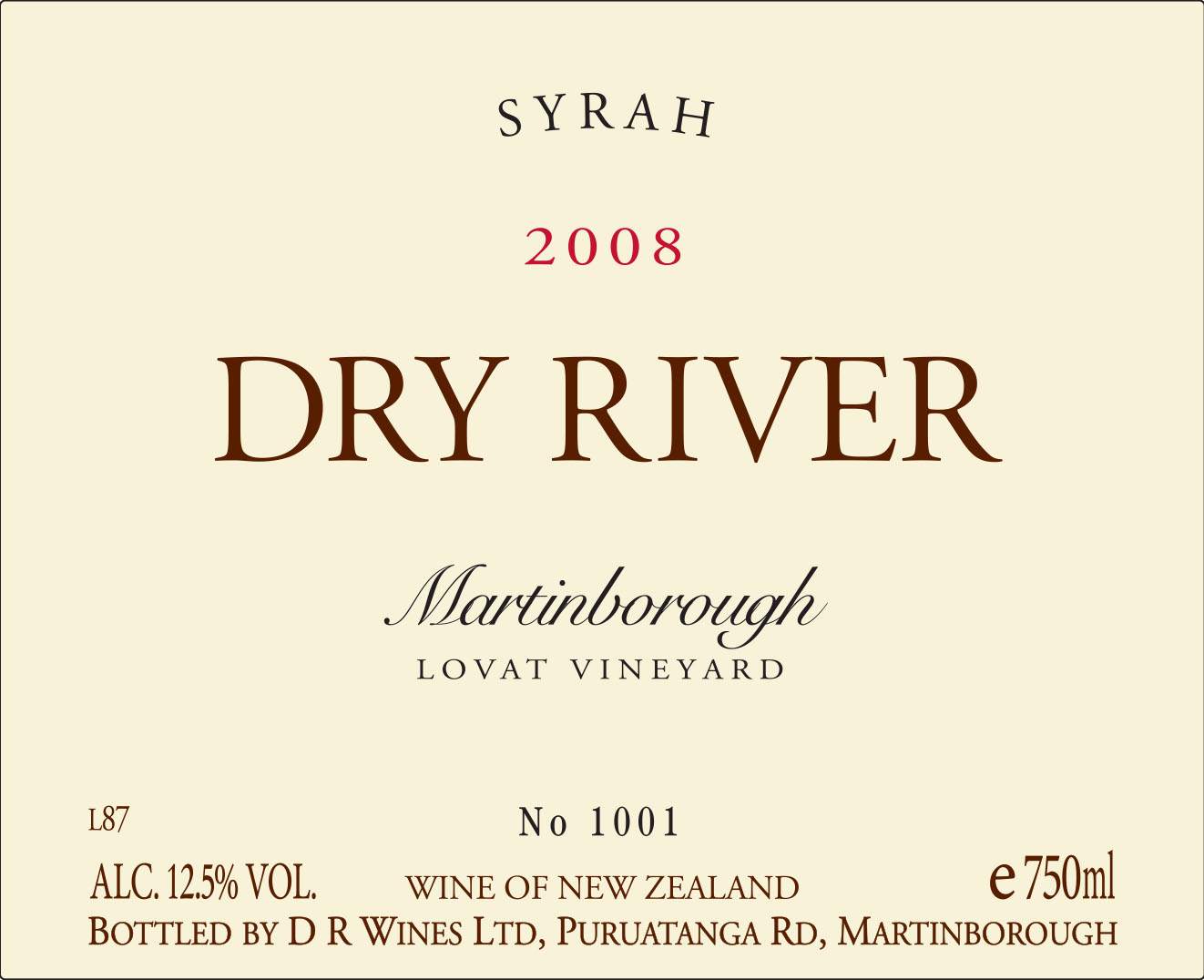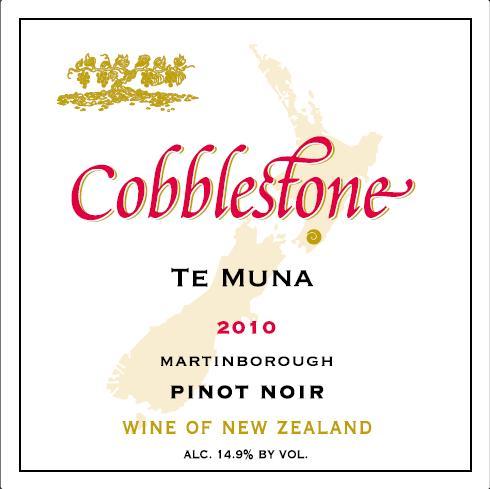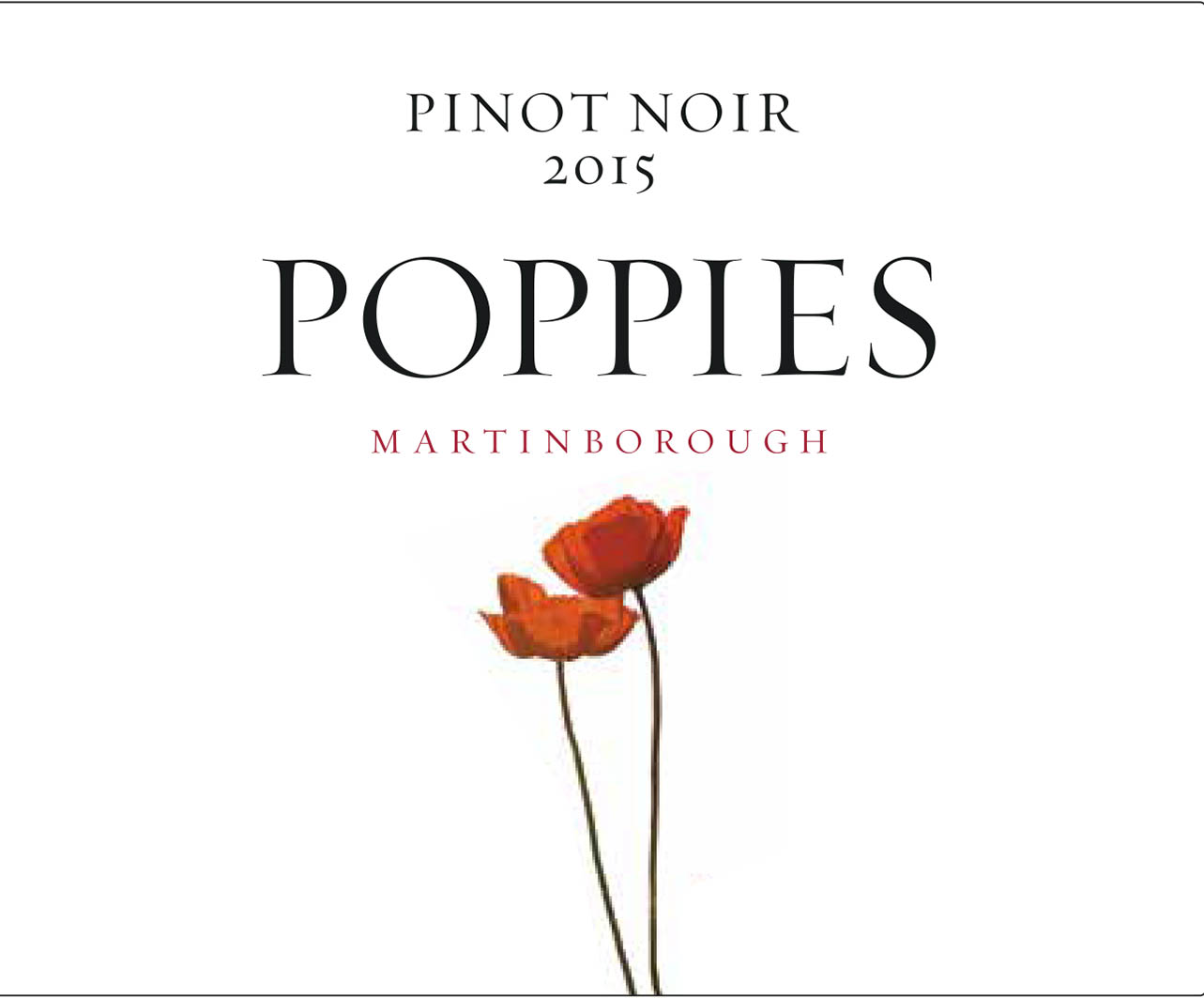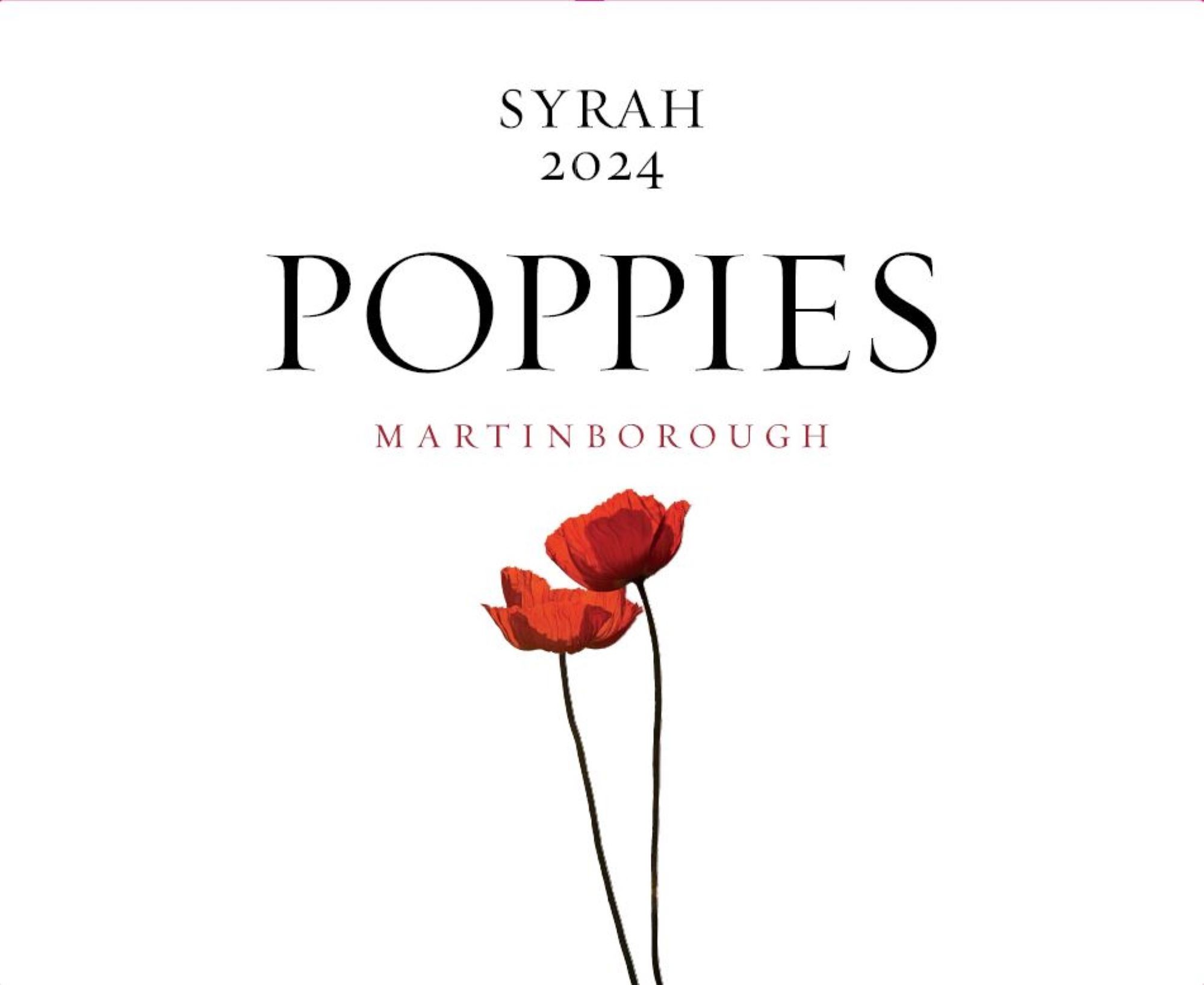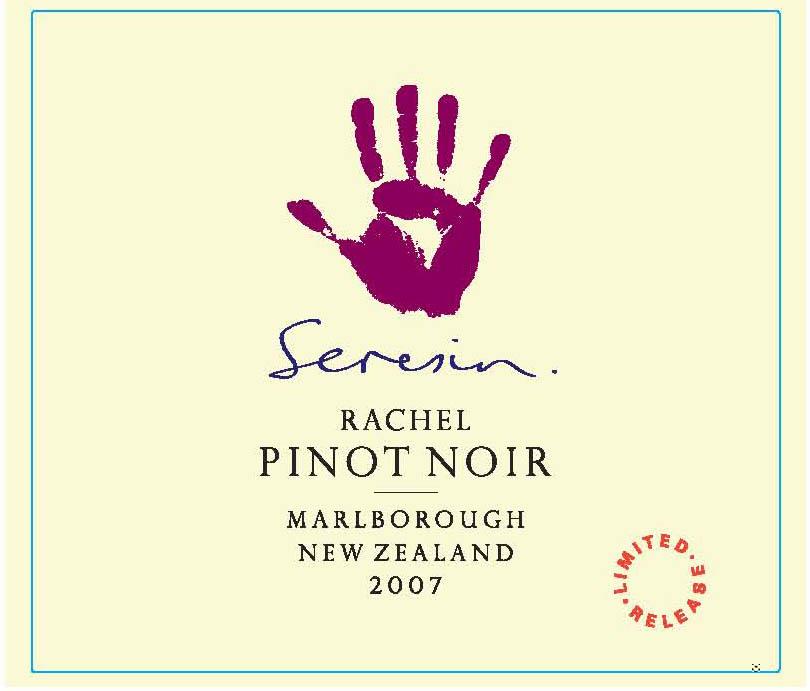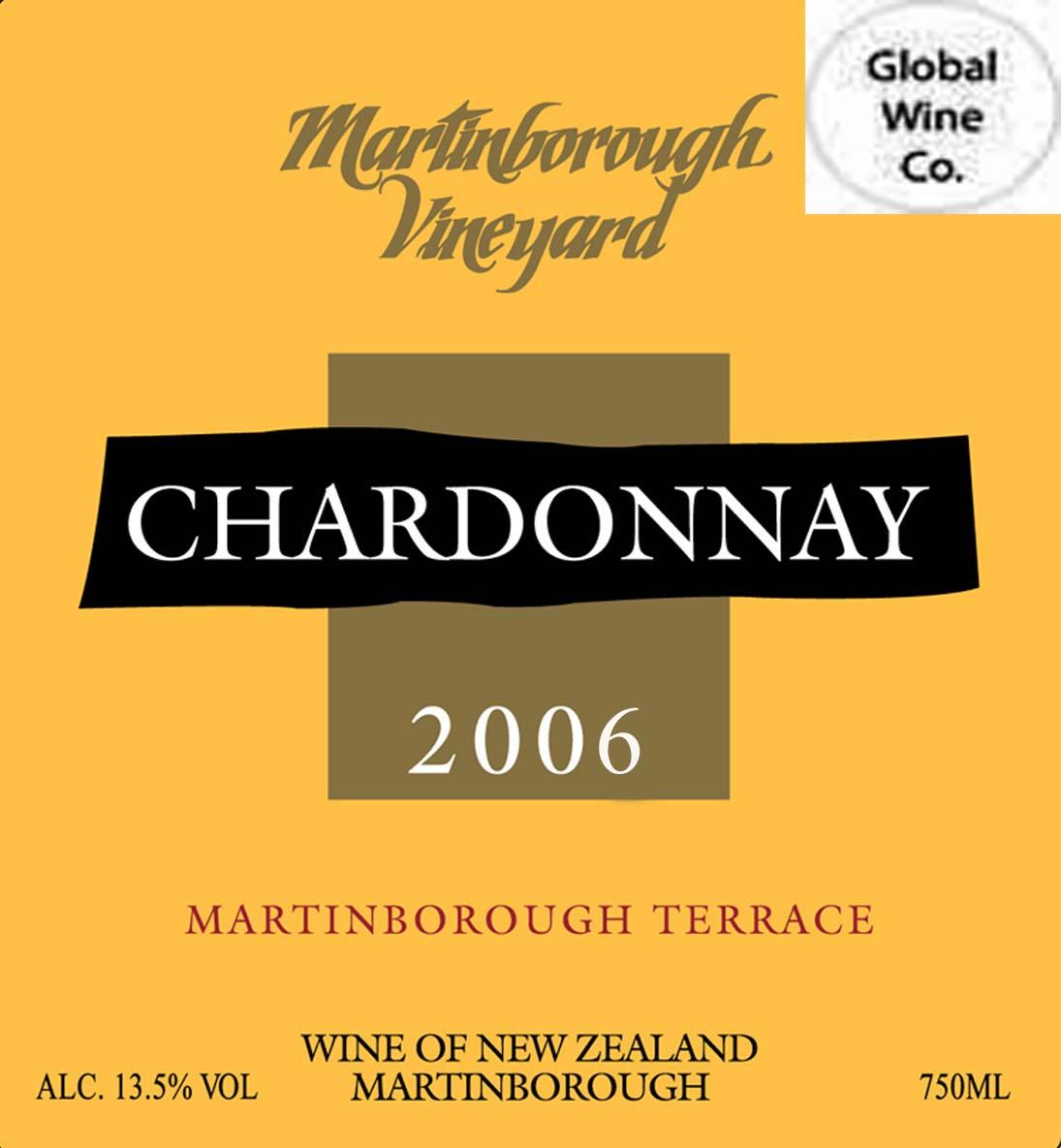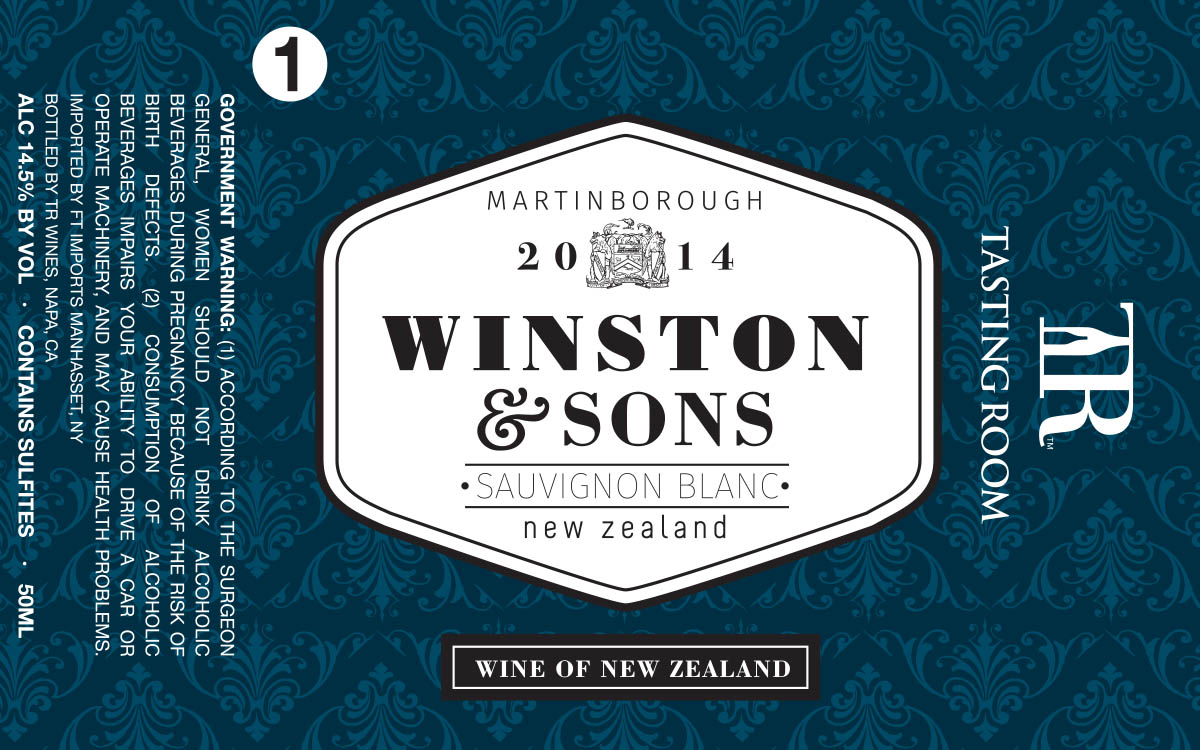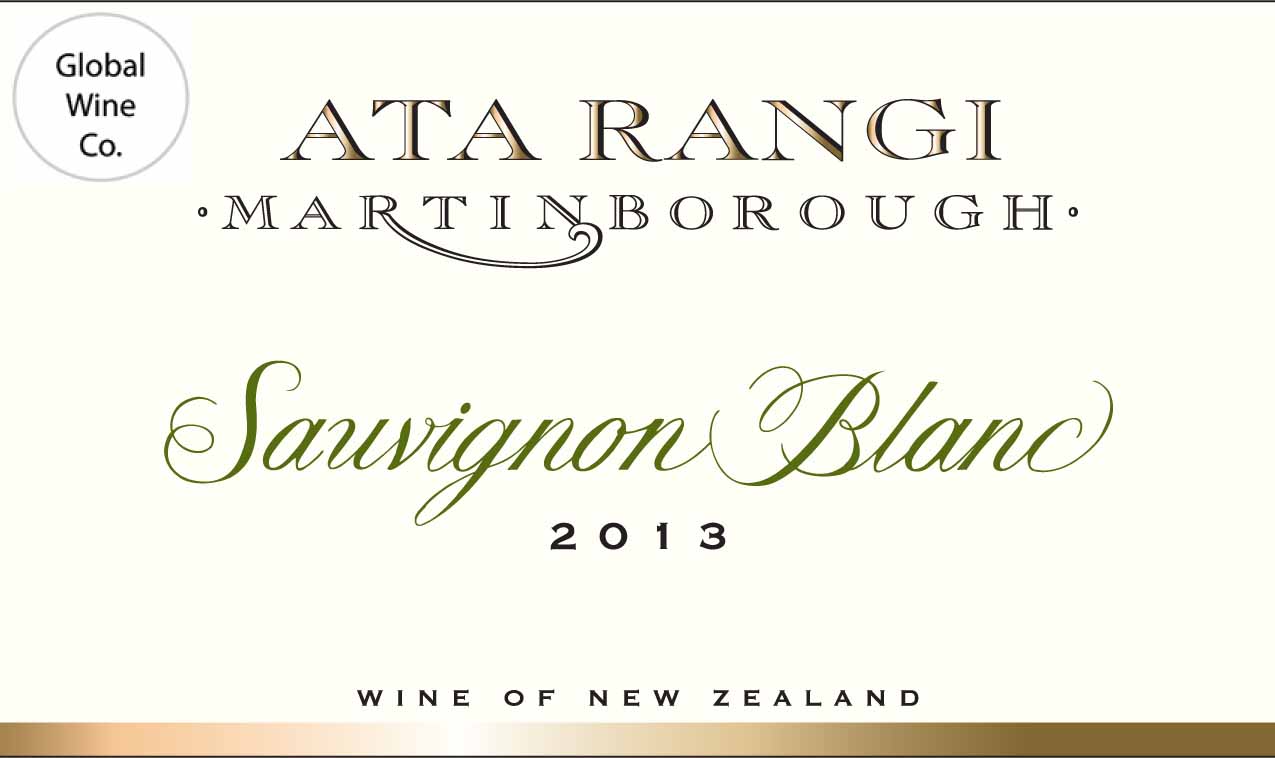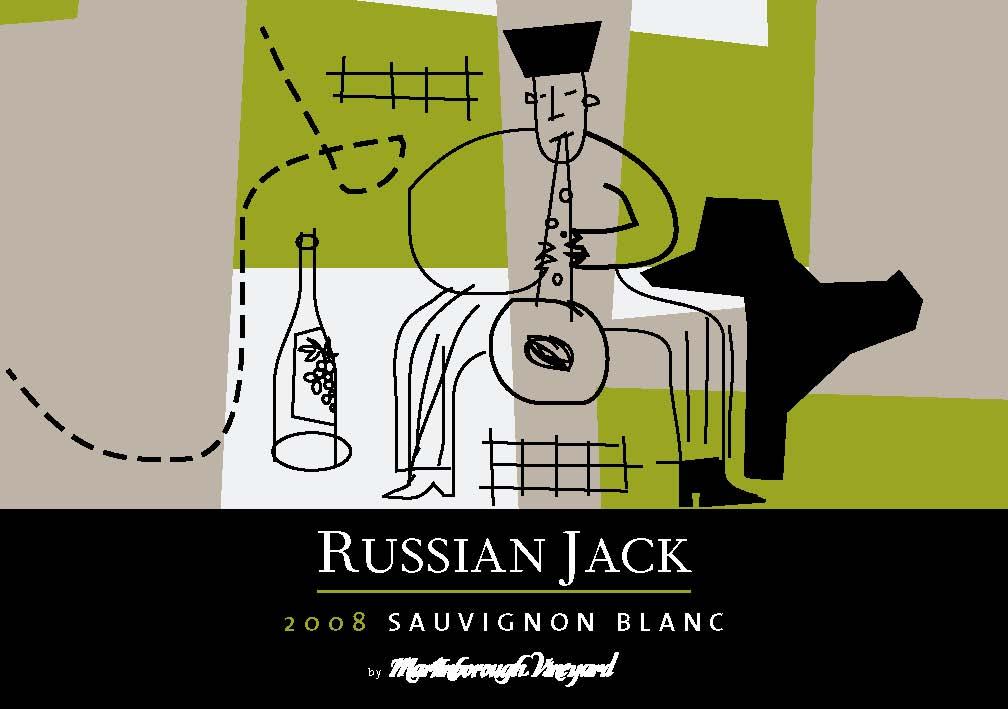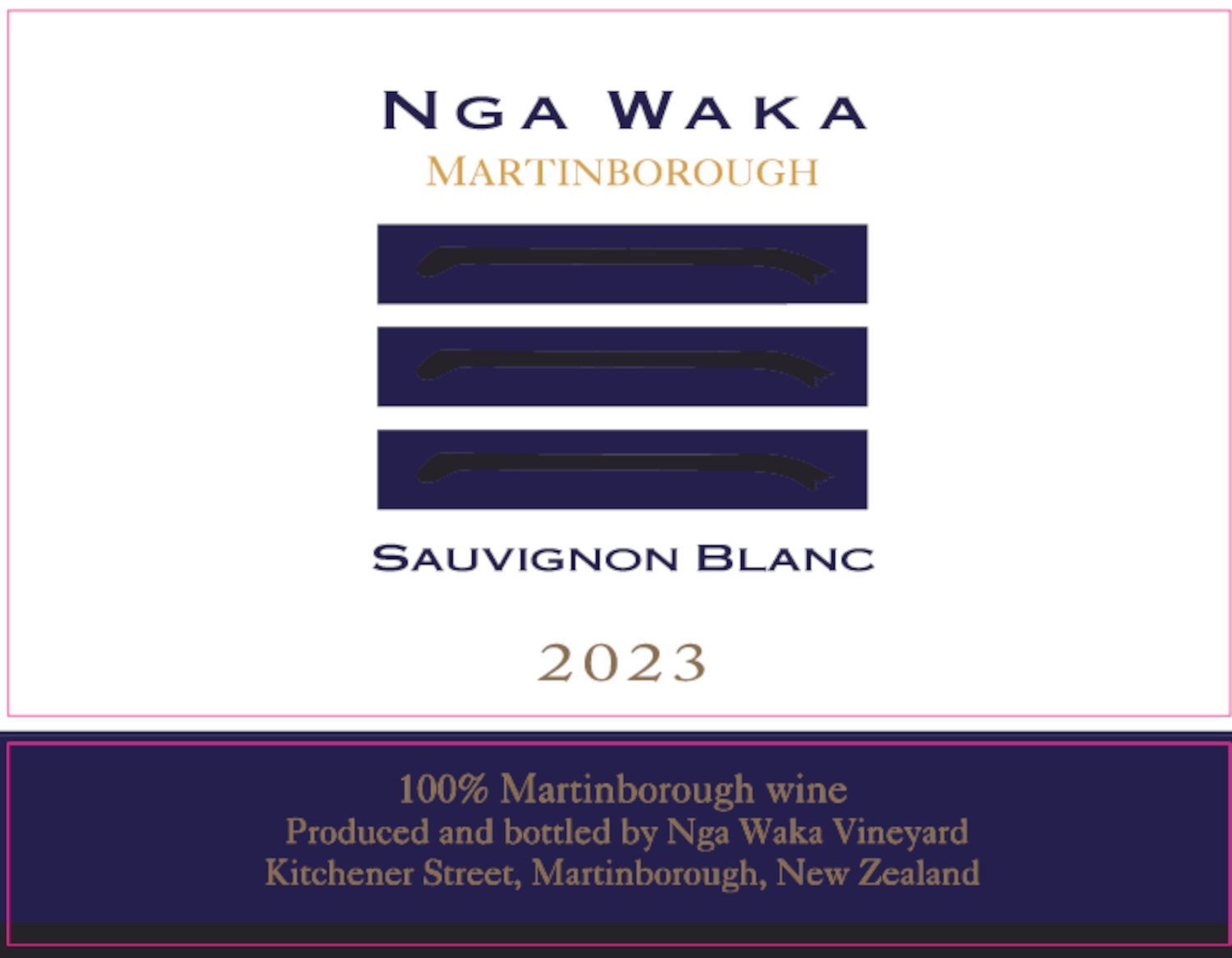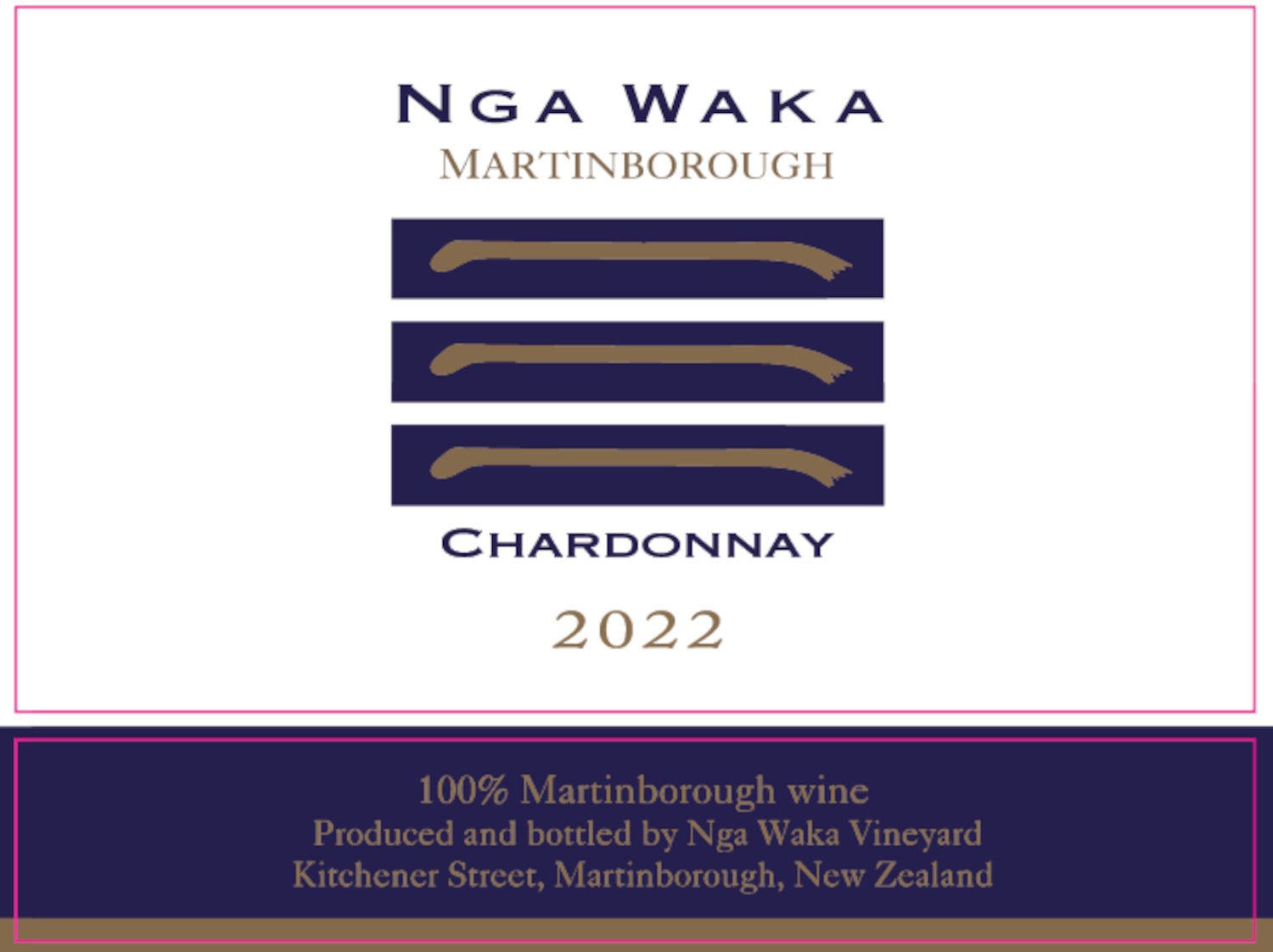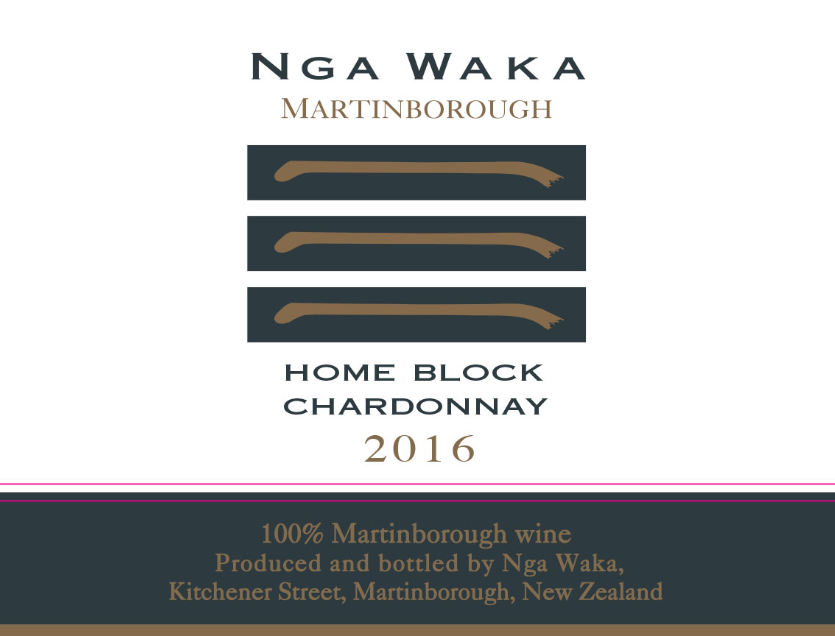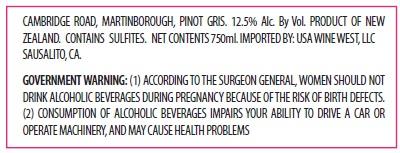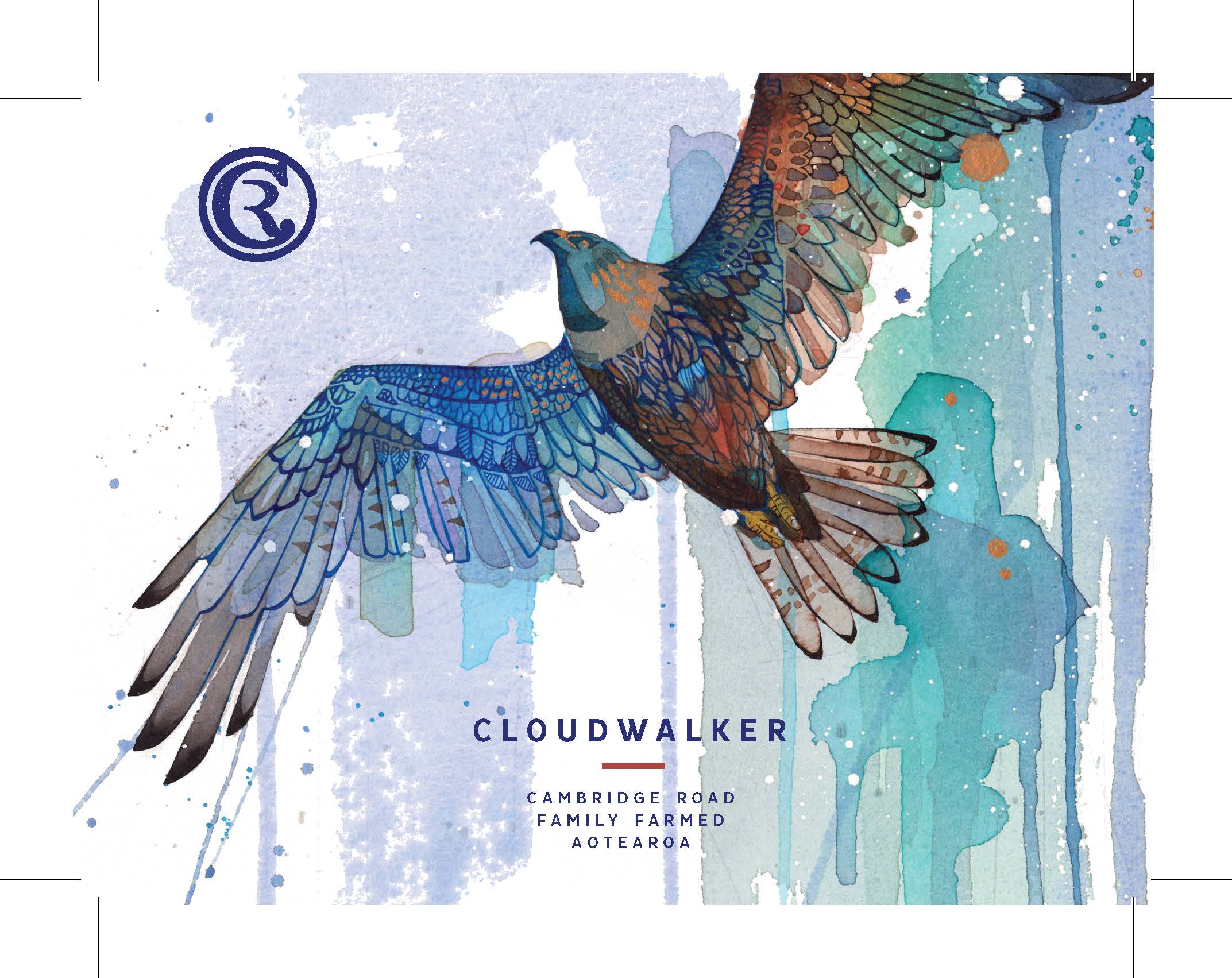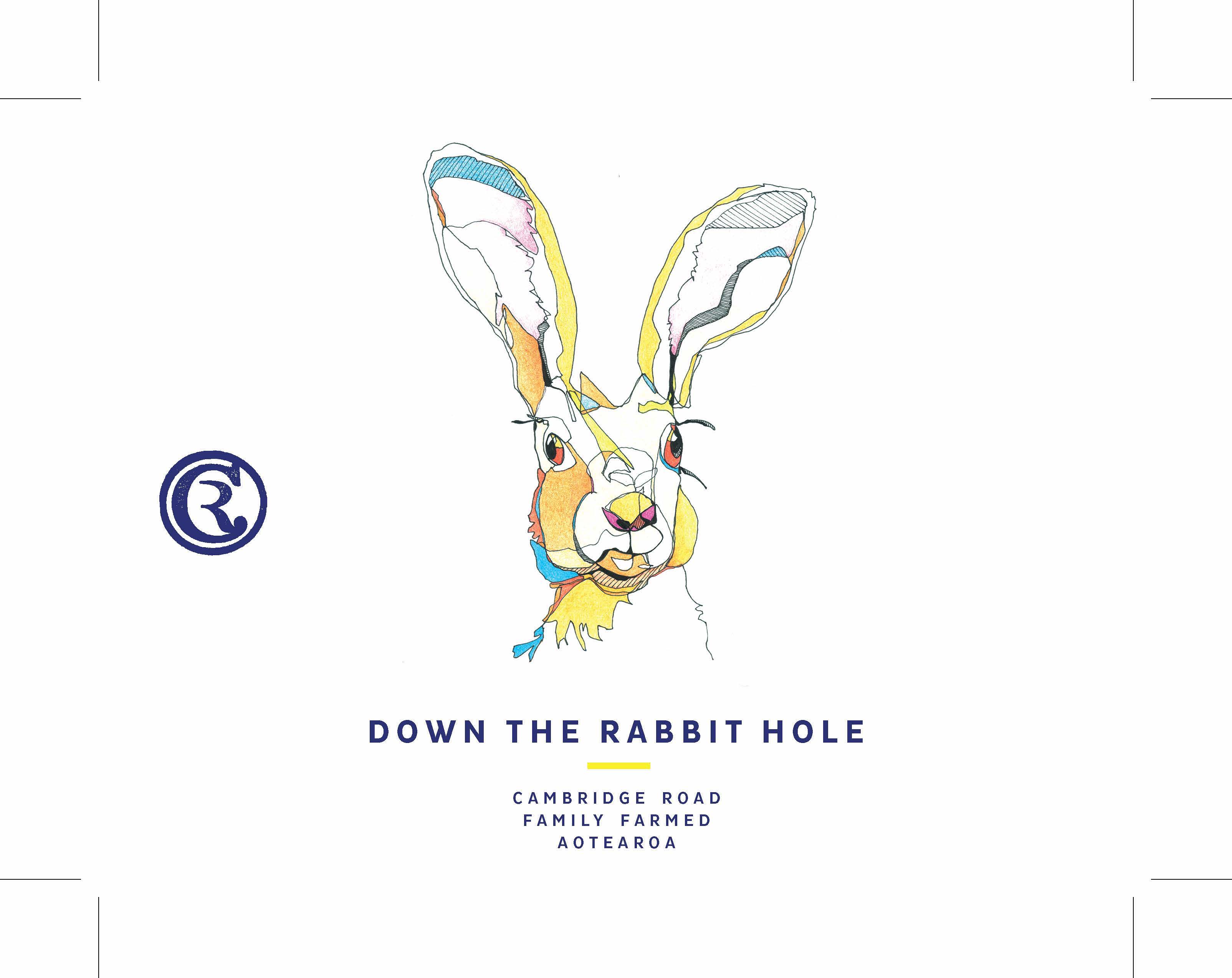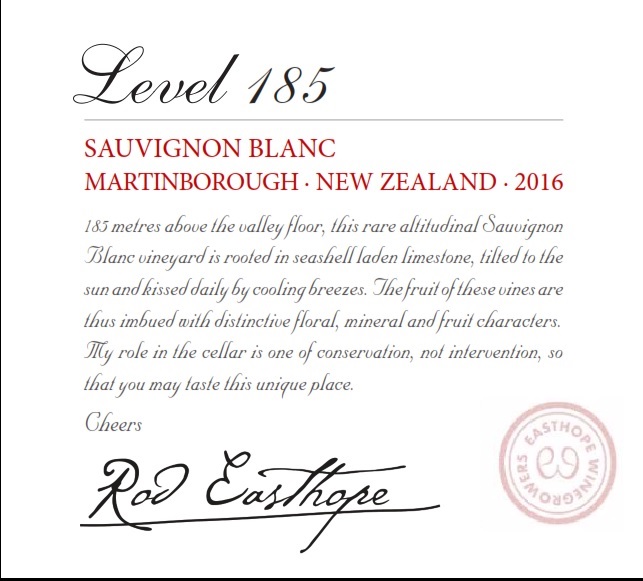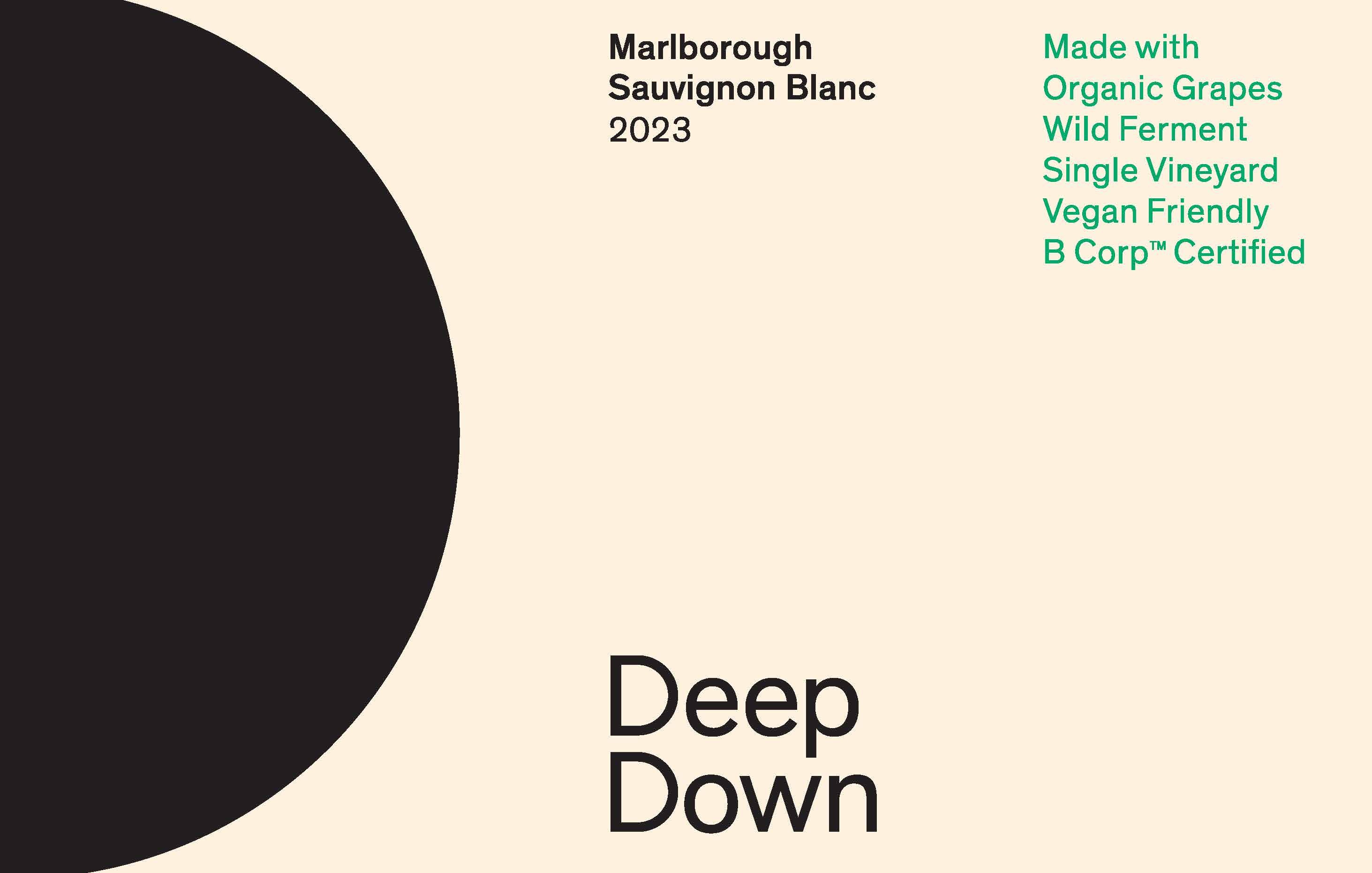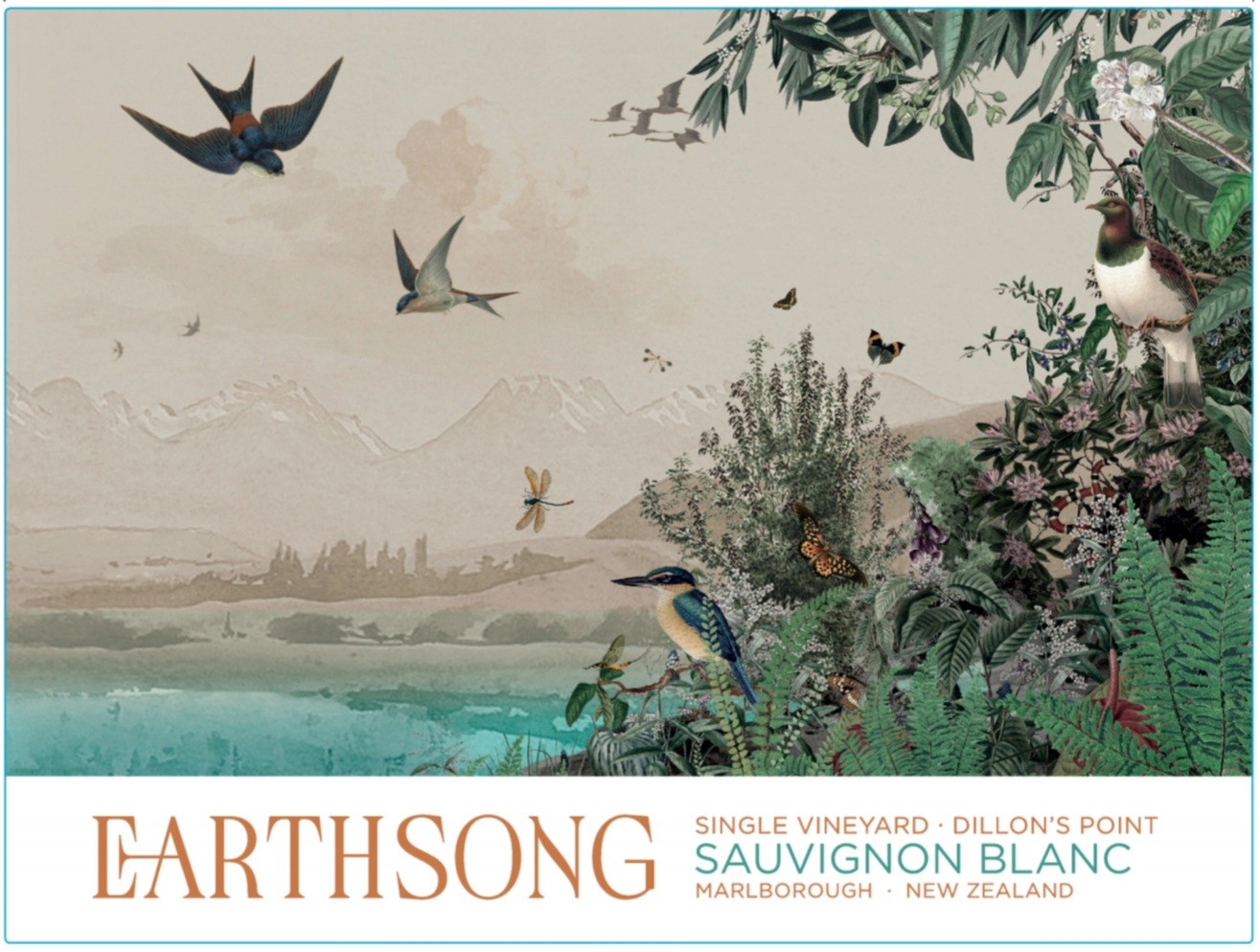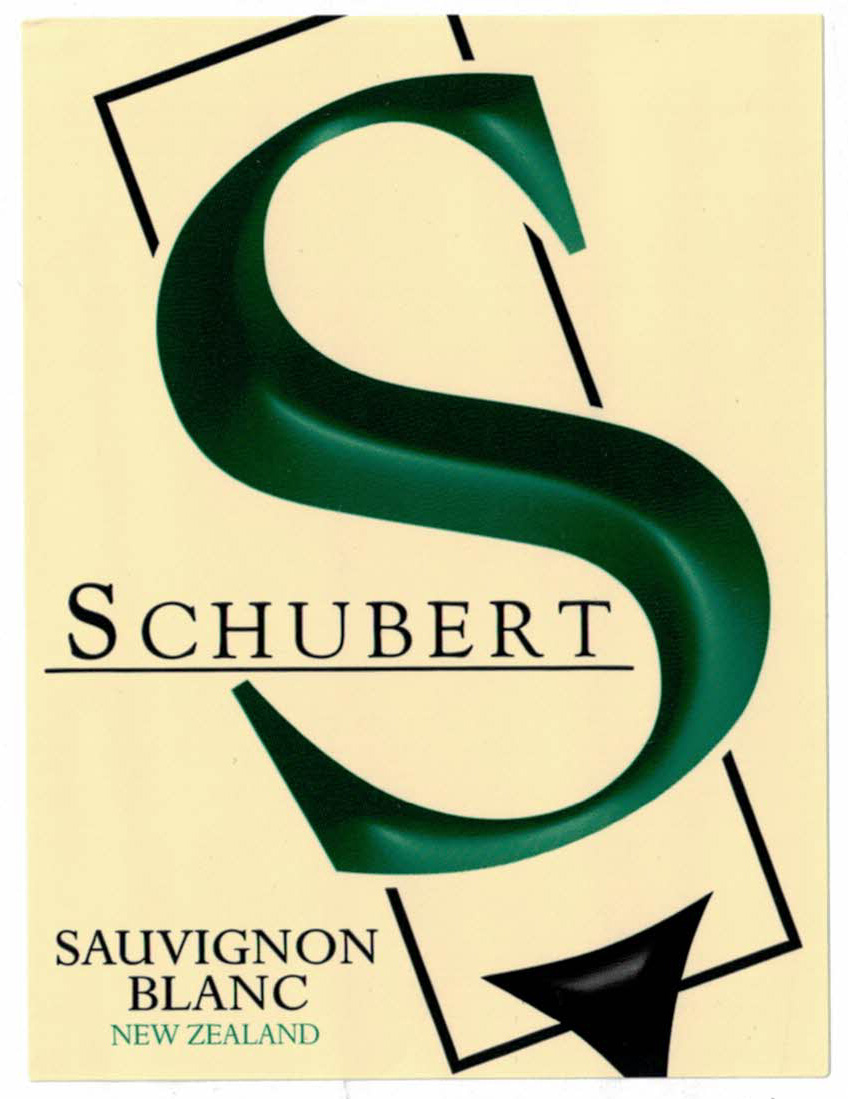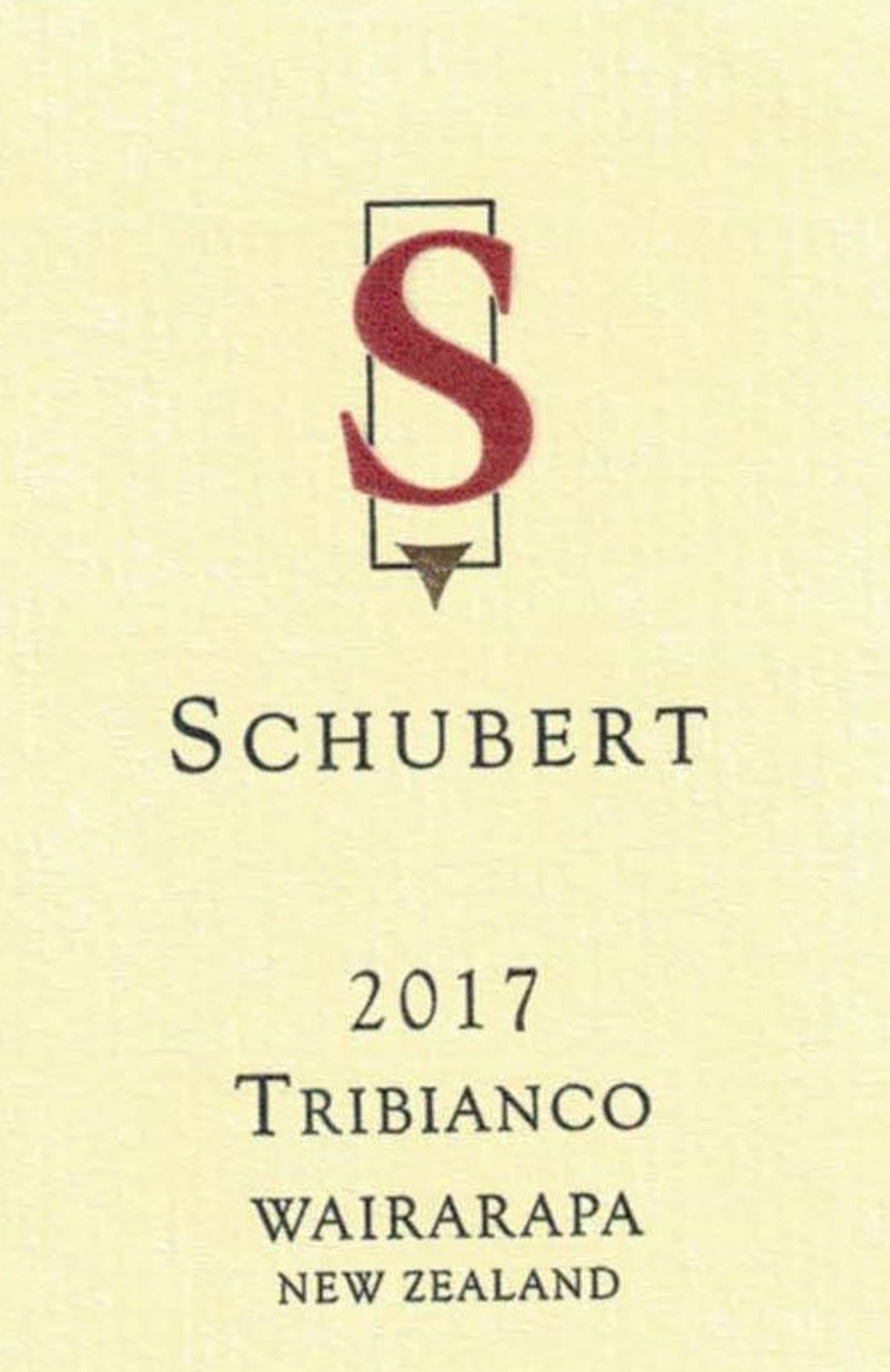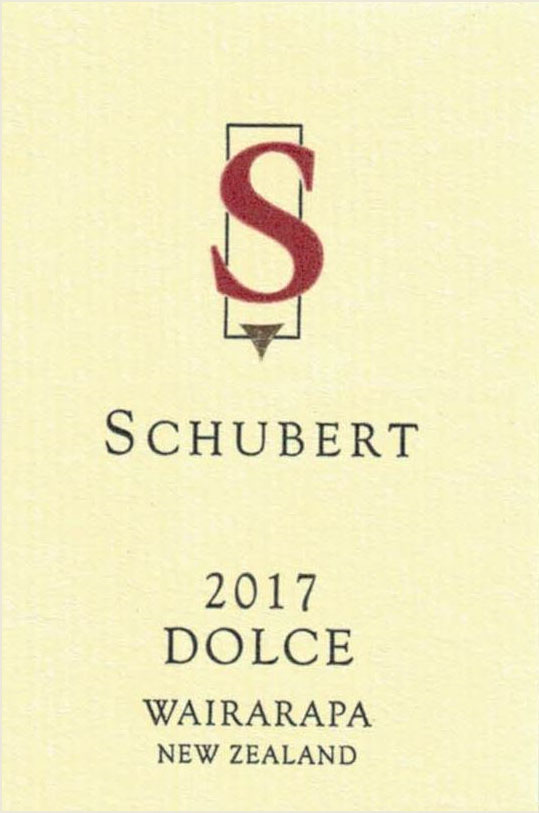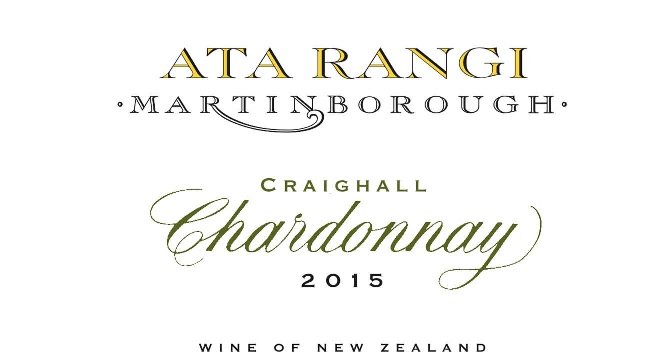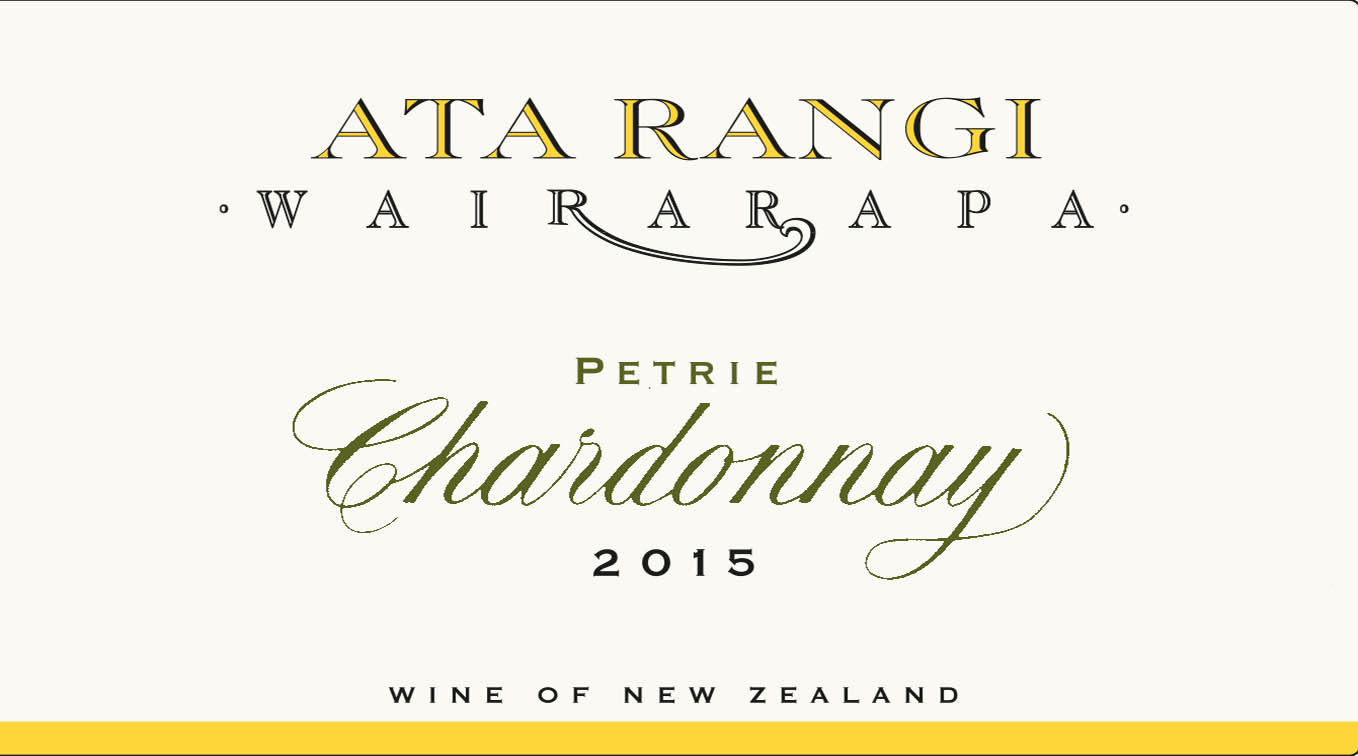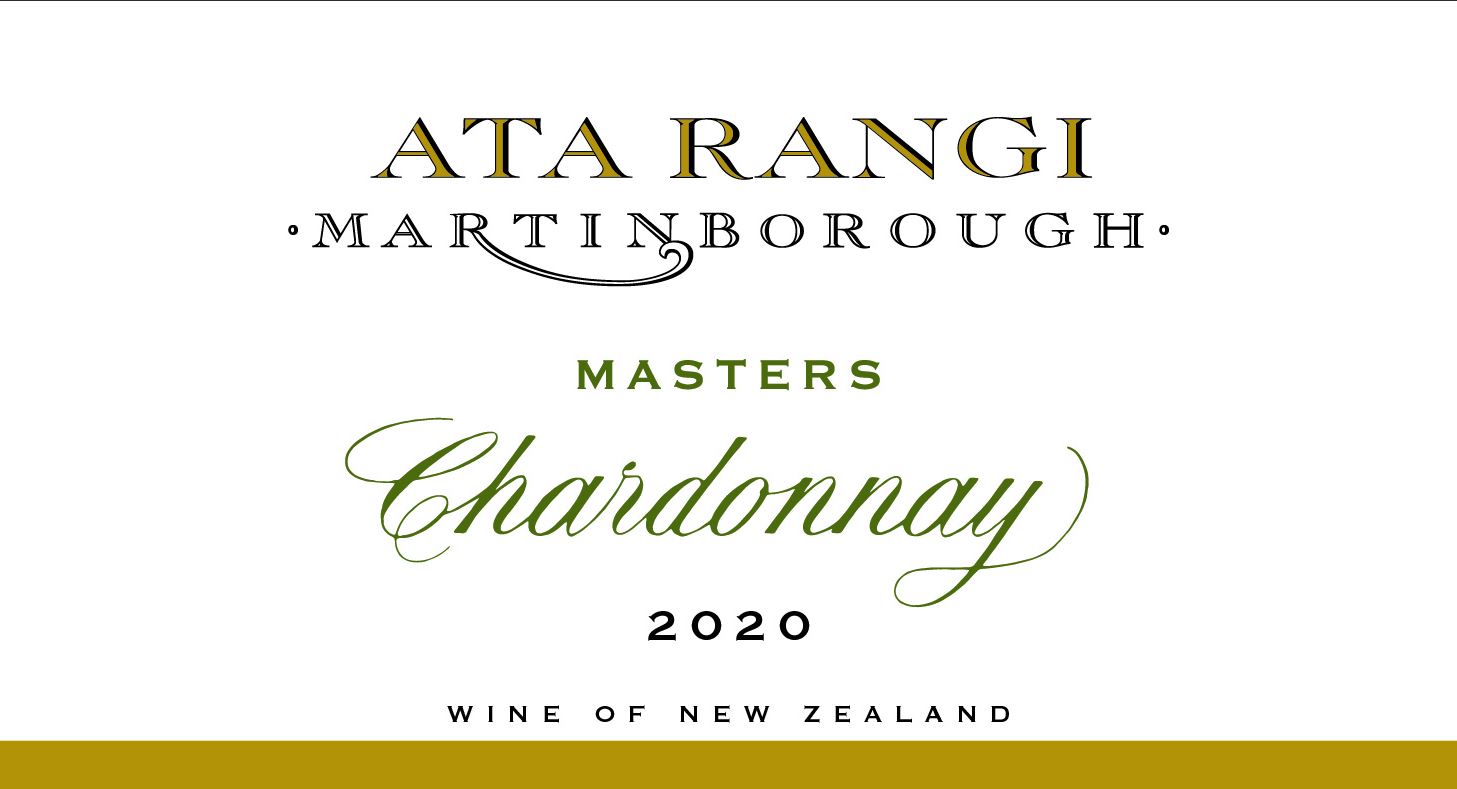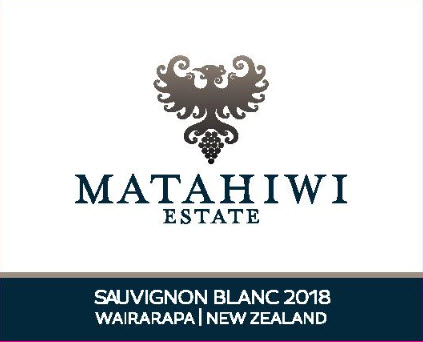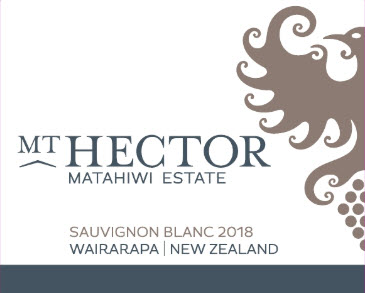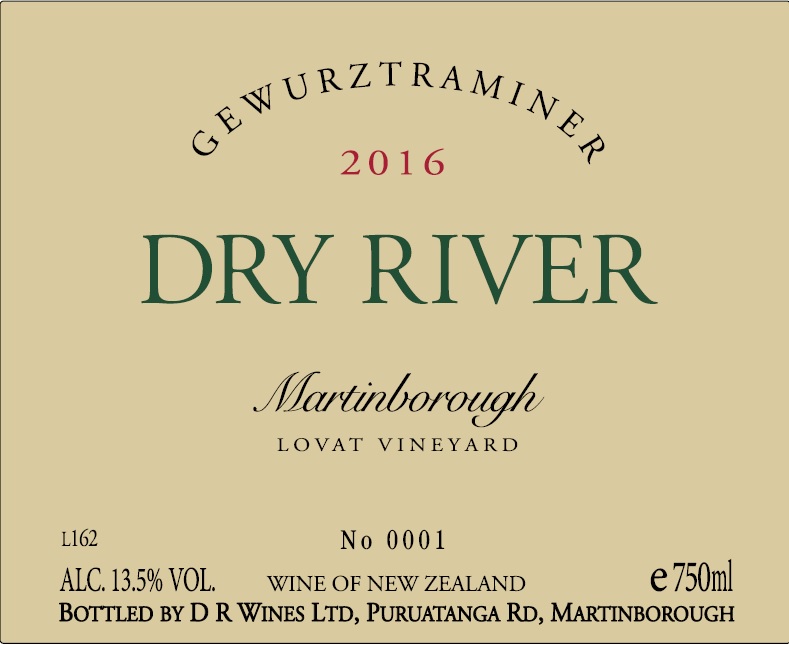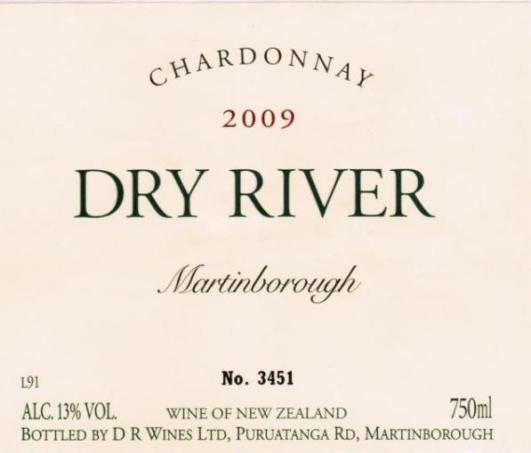Terroir of Wairarapa
Wairarapa's unique terroir is shaped by its semi-maritime cool climate, abundant sunshine, and moderate rainfall. It is the driest wine region on the North Island due to the rain shadow of the Tararua Ranges. This setting offers hot summers with cool nights and a long growing season, allowing grapes to ripen slowly and evenly, enhancing their flavors and complexity. The region's diverse soils, including stony gravel beds and limestone pockets, are ideal for varieties like Pinot Noir and Sauvignon Blanc.
Three subregions—Masterton, Gladstone, and Martinborough—add further nuance with their distinctive climates and soils. From Masterton's early frosts to Martinborough's Burgundy-like gravel, these areas produce wines of exceptional character. Strong winds reduce vine vigor and disease, ensuring high-quality fruit. Together, these elements contribute to Wairarapa's reputation for wines with ripe flavors, structure, and distinct aromas.
Notable Wineries in Wairarapa
Wairarapa, nestled at New Zealand's southern tip, showcases a handful of exceptional wineries, especially around Martinborough and Gladstone. These producers are renowned for their quality and innovation:
Sustainable Winemaking in Wairarapa
Wairarapa, a small but significant region at New Zealand's southern tip, embodies the country's commitment to sustainable winegrowing. Nearly all vineyards here are certified by Sustainable Winegrowing New Zealand (SWNZ), which ensures eco-friendly practices like soil health maintenance, water conservation, and waste reduction. The region embraces organic farming, with many vineyards eliminating synthetic chemicals to foster healthier ecosystems. Cover crops and sheep are used to manage weeds naturally, minimizing chemical use.
Climate action is another focus, with initiatives to reduce carbon emissions through solar power and efficient machinery. Community efforts, such as wetland restoration, demonstrate a commitment to biodiversity. By integrating these sustainable practices, Wairarapa winemakers ensure that their exceptional wines respect and preserve the environment, reflecting the Māori principle of kaitiakitanga—caring for the land for future generations.
Wine Tourism in Wairarapa
Wairarapa, a gem at the southern tip of New Zealand's North Island, offers a unique wine tourism experience. Nestled among picturesque landscapes, the region is perfect for exploring by bike, especially around Martinborough, the heart of Wairarapa’s wine scene. With nearly 20 family-owned wineries within walking or biking distance, it's an intimate setting for wine lovers. Wairarapa is a highlight on the Classic New Zealand Wine Trail, linking it to other renowned regions like Hawke’s Bay and Marlborough.
Beyond tastings, visitors can enjoy local hospitality with vineyard stays and farm-to-table meals. The vibrant wine festivals, including Toast Martinborough and the Wairarapa Wines Harvest Festival, showcase local wines and foods. This region embodies sustainability, with vineyards committed to eco-friendly practices, making it an ideal destination for those passionate about both wine and the environment.



